Some of you know that Earthworm Technologies was asked to guest host #gardenchat on Twitter Monday, July 21, 2014 and we chose to cover the topic of Organic Sustainable Gardening because we felt everyone could benefit from getting some sustainable gardening tips to not just help grow your own herb gardens, flower gardens, vegetables and fruits but to open your minds to think about how exactly you are approaching your gardening philosophy!
Living an organic lifestyle and applying organic sustainable gardening methods may sound intimidating at first but you might find that it's not as hard as you might think! We suggest you start your progress one step at a time. You don't have to recycle (pun intended :)) all your gardening methods all at once. Start one step at a time!
The Twitter #gardenchat we hosted felt like a whirlwind of a session jampacked with organic sustainable gardening tips so we thought it useful to create a reference blog post for those of you who were following along but couldn't keep up & also for everyone else out there that missed it and might benefit from some of the organic sustainable gardening tips we've put together.
We wanted to make this Gardenchat guest host session special by coming up with a new concept of asking a question to ensue discussion, followed by a corresponding organic sustainable gardening tip and closing with a fun little contest where we had people identify gardening pictures we snapped from our own gardens. The person who guessed the most right could choose a FREE BloomPucks tube out of the 5 different choices we currently have available (Wingzy BloomPucks, Bumblez BloomPucks, Sunblaze BloomPucks, Bedazzle BloomPucks, or Sproutz BloomPucks). If you didn't win, no worries! We are now selling our Bloompucks online on this website so you can grow your own organic flower gardens and herb gardens (Now on sale from $14.99 down to $12.99 + FREE SHIPPING).
Now...let's get everyone adopting some organic sustainable gardening practices. We will review the questions, tips and pictures we presented below.
1) Who uses organic growing practices in the garden (compost, vermicompost, natural herbicide mixes, etc.)?
- Organic Sustainable Gardening Tip 1: We create 4.4 billion tons of food globally per year but half goes to waste in landfills, why not compost?
- Organic Sustainable Gardening Picture 1: What is this (Learn to identify it & save your children some pain when you see it on the playground)?

Learn to identify Poison Ivy and avoid some painful gardening experiences! It has 3 leaves and can be easily identified in the Spring when new leaves have a strong red coloration as in the picture above
2) Do you garden in a way that encourages beneficial insects to take up shop? If so, how?
- Organic Sustainable Gardening Tip 2: Plant pollinator-friendly flowers through your edible gardens! Invite bees to stay if you want a harvest!
- Organic Sustainable Gardening Picture 2: What is the name of this gorgeous perennial flower?

A picture of our perennial Geranium (Crane's Bill) taken after a rain storm.
3) Do you regrow some of your homegrown or store-bought veggies for a 2nd harvest? Which ones & how?
- Organic Sustainable Gardening Tip 3: Regrow green onions by placing the root stub (the part you usually throw out) in a shallow cup of water
- Organic Sustainable Gardening Picture 3: What is this purple flower and the insect on it (be specific)?

A purple Liatris (Blazing Star) and white Cabbage Butterfly
4) What is the most interesting repurposed container you have started seeds in?
- Organic Sustainable Gardening Tip 4: The strawberry containers bought from the store make great mini greenhouses! Fill w/ soil, seed, water & close it!
- Organic Sustainable Gardening Picture 4: What fruit seed did we jumpstart indoors in these repurposed garden strawberry containers?

We jumpstarted some melon seeds indoors in an upcycled plastic kiwi container grown with our own organic worm castings
5) Do you deadhead your annual flowers on a regular basis to encourage rebloom? What do you do with the spent flowers?
- Organic Sustainable Gardening Tip 5: Throw spent flower heads straight into your flower beds & let nature compost it back into the soil for you
- Organic Sustainable Gardening Picture 5: A bit of a tougher one - What is this attractive spiral growth?

After a Clematis vine flowers, it sets seedheads that are fairly attractive (this one is from our Mrs. N Thompson Clematis). We leave the seed heads for the rest of the season
6) Do you grow plants together for their mutually beneficial benefits? Ex: A plant's scent may deter pests for another plant
- Organic Sustainable Gardening Tip 6: Marigolds aren’t just beautiful! They can deter spider mites & predatory nematodes away from other plants
- Organic Sustainable Gardening Picture 6: What is this edible plant? And what is happening to it?

The Summer has been very hot causing our Butterhead lettuce to bolt (set seed). We missed our window to eat this one so we decided to let it bolt so we can harvest the seed
7) Have you ever used your food scraps directly in your garden instead of throwing them out?
- Organic Sustainable Gardening Tip 7: Bury eggshells (calcium), coffee grounds (nitrogen, acidic), banana peels (potassium) directly near plants
- Organic Sustainable Gardening Picture 7: What are these funky things?

These are harvested Red Wiggler vermicomposting worm cocoons (eggs)
8) How do you deal with growing edibles not yet harvestable by the time frost arrives? ex: Leftover green tomatoes in October?
- Organic Sustainable Gardening Tip 8: Put those green tomatoes in a paper bag with ripening bananas (the ethylene will mature the tomatoes)
- Organic Sustainable Gardening Picture 8: Can you name the beautiful but sometimes invasive flower that this seedling will grow into?

This is what a Morning Glory seedling looks like. It is good to know how to identify. While attractive, Morning Glories can be invasive, you'll want to pull extra seedlings out of unwanted garden areas
9) Has anyone recycled their newspapers directly in the garden?
- Organic Sustainable Gardening Tip 9: Most papers are now recycled & printed w/ soy inks. Compost them or use directly in planters as weed barrier
- Organic Sustainable Gardening Picture 9: Beauty is in the eye of the beholder, you don’t always need flowers in your garden beds – what is this?

After flowering, Anemones can set very attractive seed heads. We leave this up during the season because they're quite pretty (almost looks like the development of a strawberry)
10) Have you ever repurposed your old plastic water bottles for use in the garden?
- Organic Sustainable Gardening Tip 10: Cut the top half of a plastic bottle, poke holes in it & bury upside down near flower containers. Voila, easy irrigation!
- Organic Sustainable Gardening Picture 10: And finally, a tougher one for you gardening vets - This is not an alien from outer space! What is this?

The larvae of a lady beetle (ladybug) are carniverous and very ravenous. They are highly beneficial insects in the garden that eat pest insects
We hope these gardening tips were fruitful (again pun intended)! Why not read through this article and pick one tip to implement so you can start making a difference in your gardens & the planet?
Are you following Earthwormtec on Facebook? Don’t forget to submit your email to our newsletter (located at the top of this post) to receive more news & tips like you found in this post and we'd love if you would drop us a comment and/or share your gardening tips with us below - we always love a discussion and learning new things.
Learn more about Earthworm Technologies and make sure you check out our organic flower fertilizer! It's all-natural, eco-friendly, pet-friendly, child-friendly, and MADE IN THE USA! We even ship free to you anywhere in the U.S.A! What's not to love?
📌 CLICK TO PIN IT 🡻🡻🡻

Disclaimer: As an Amazon Associate, we earn from qualifying purchases of referrals that are not our own products.

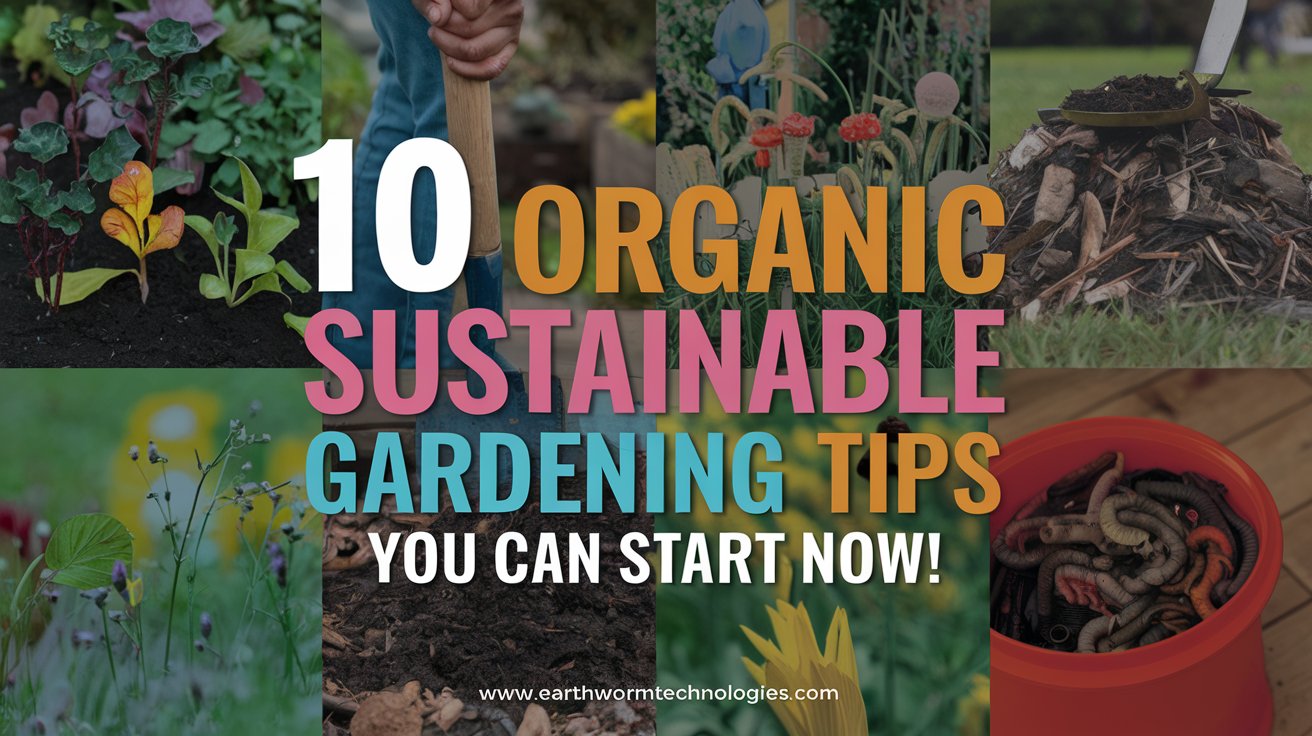
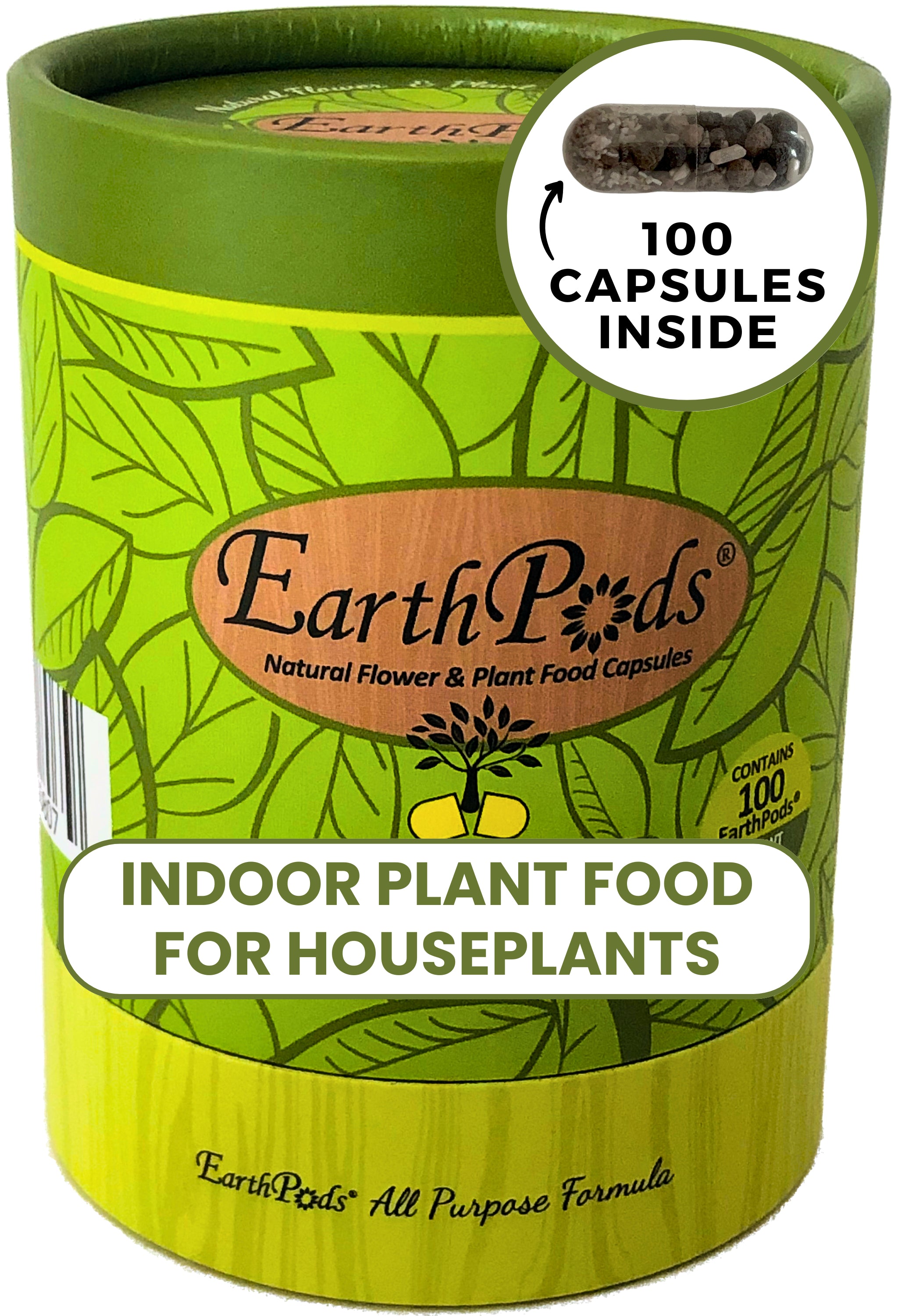
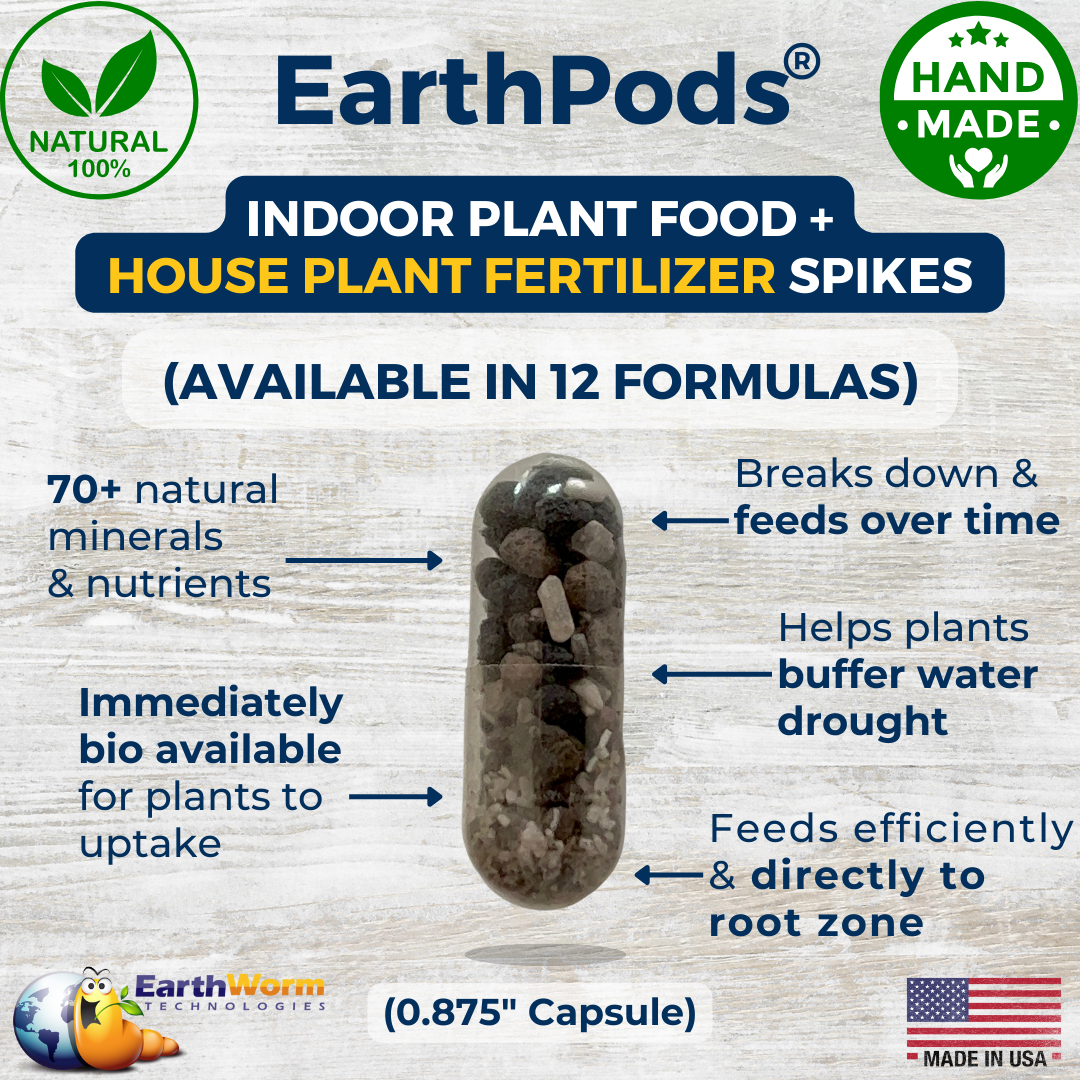
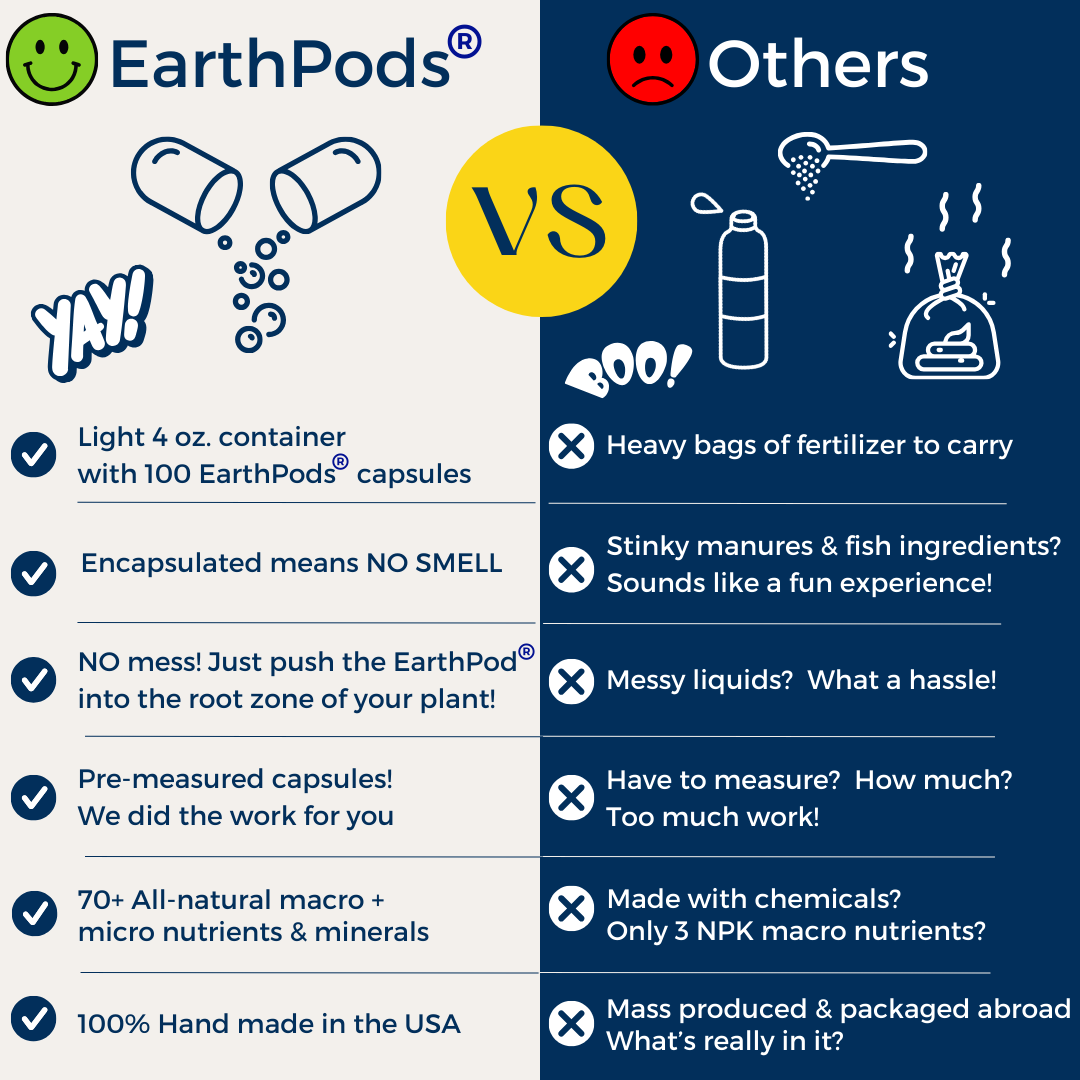
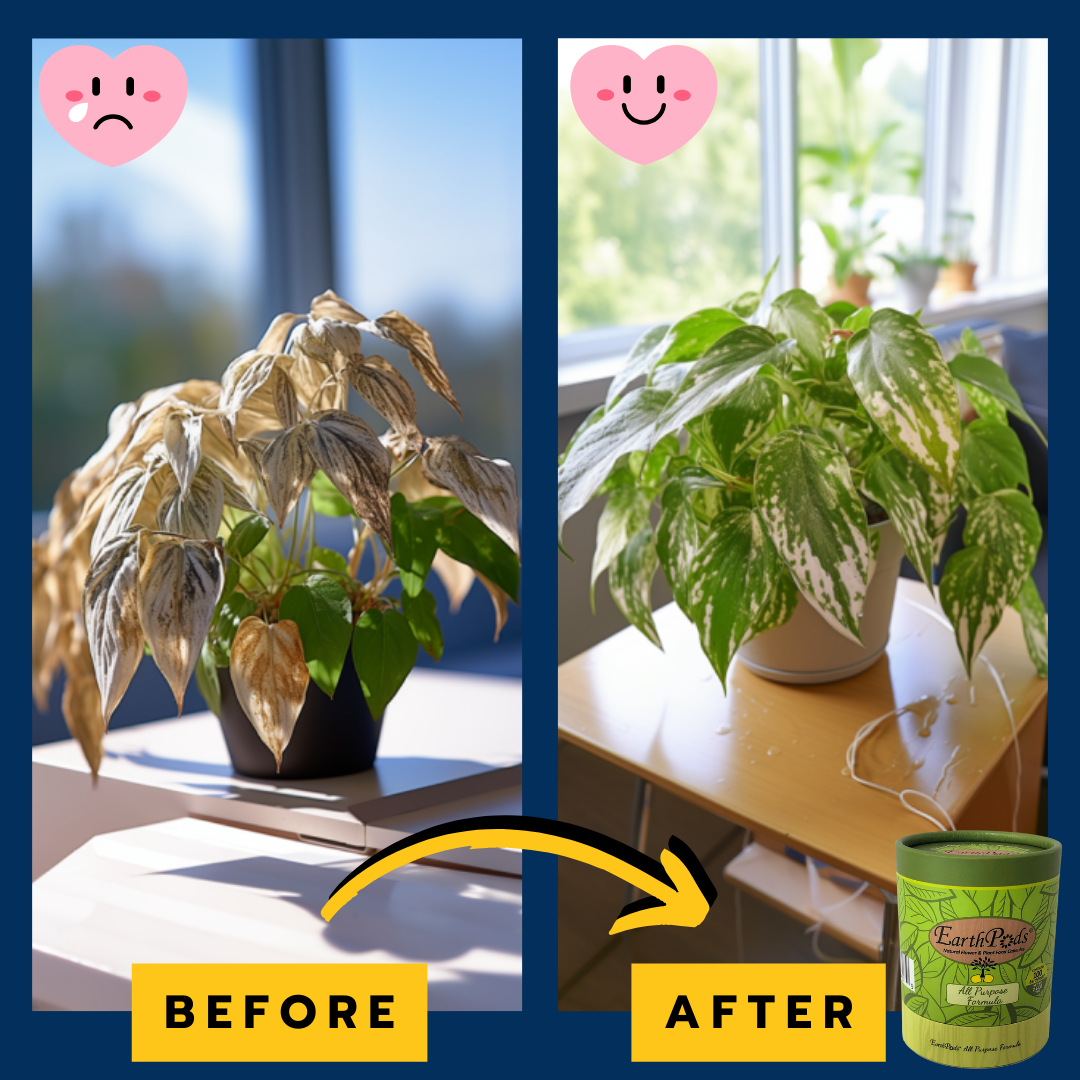
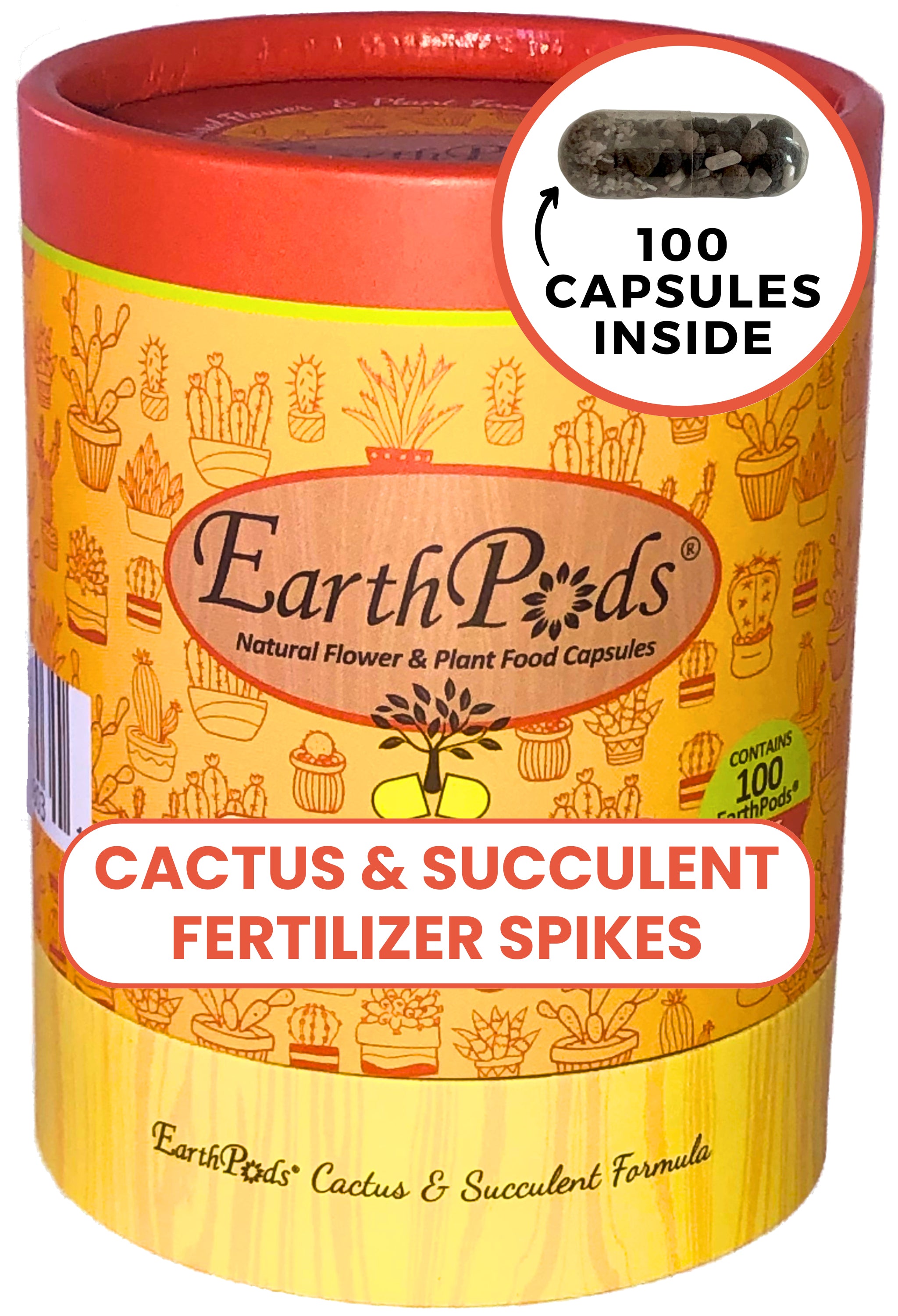
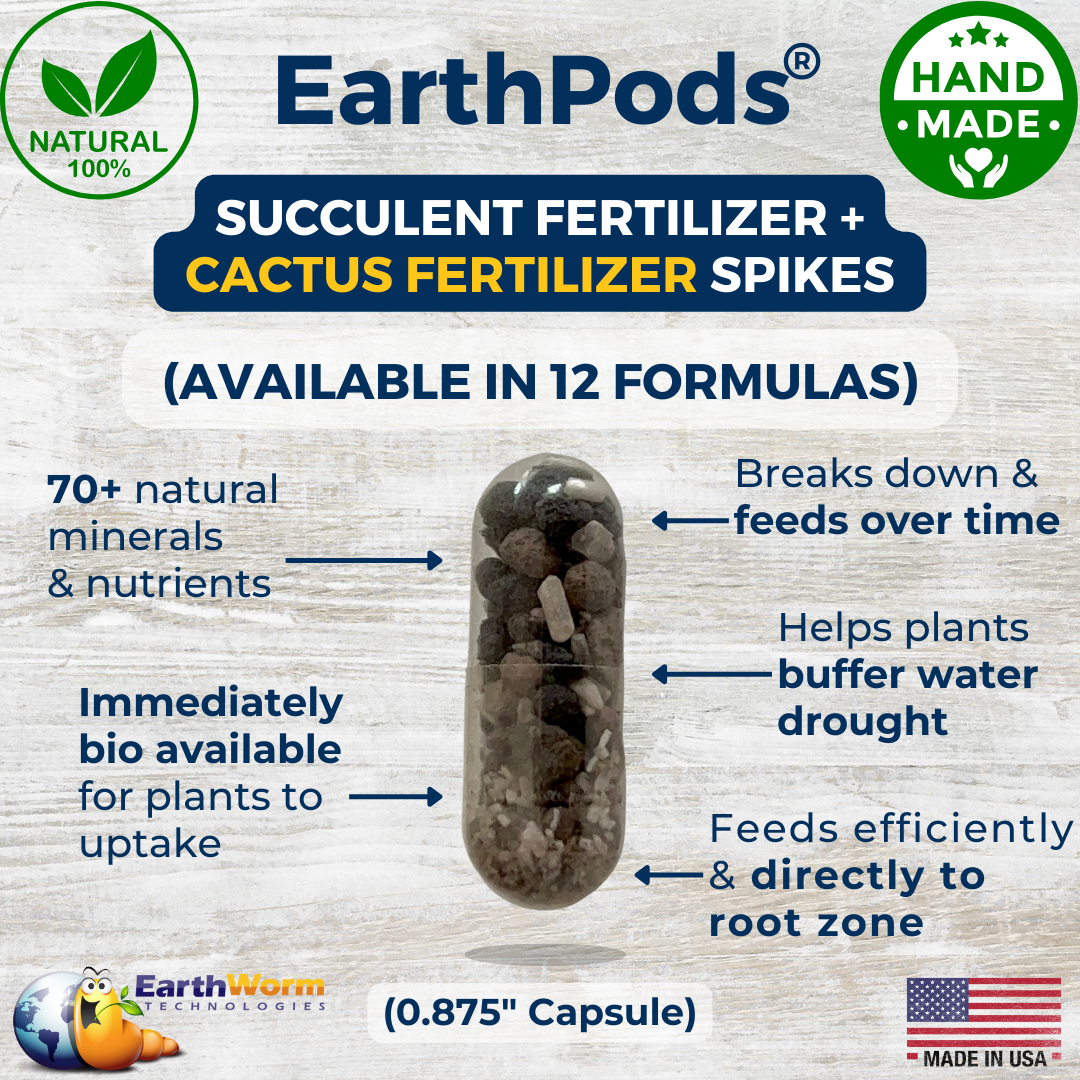
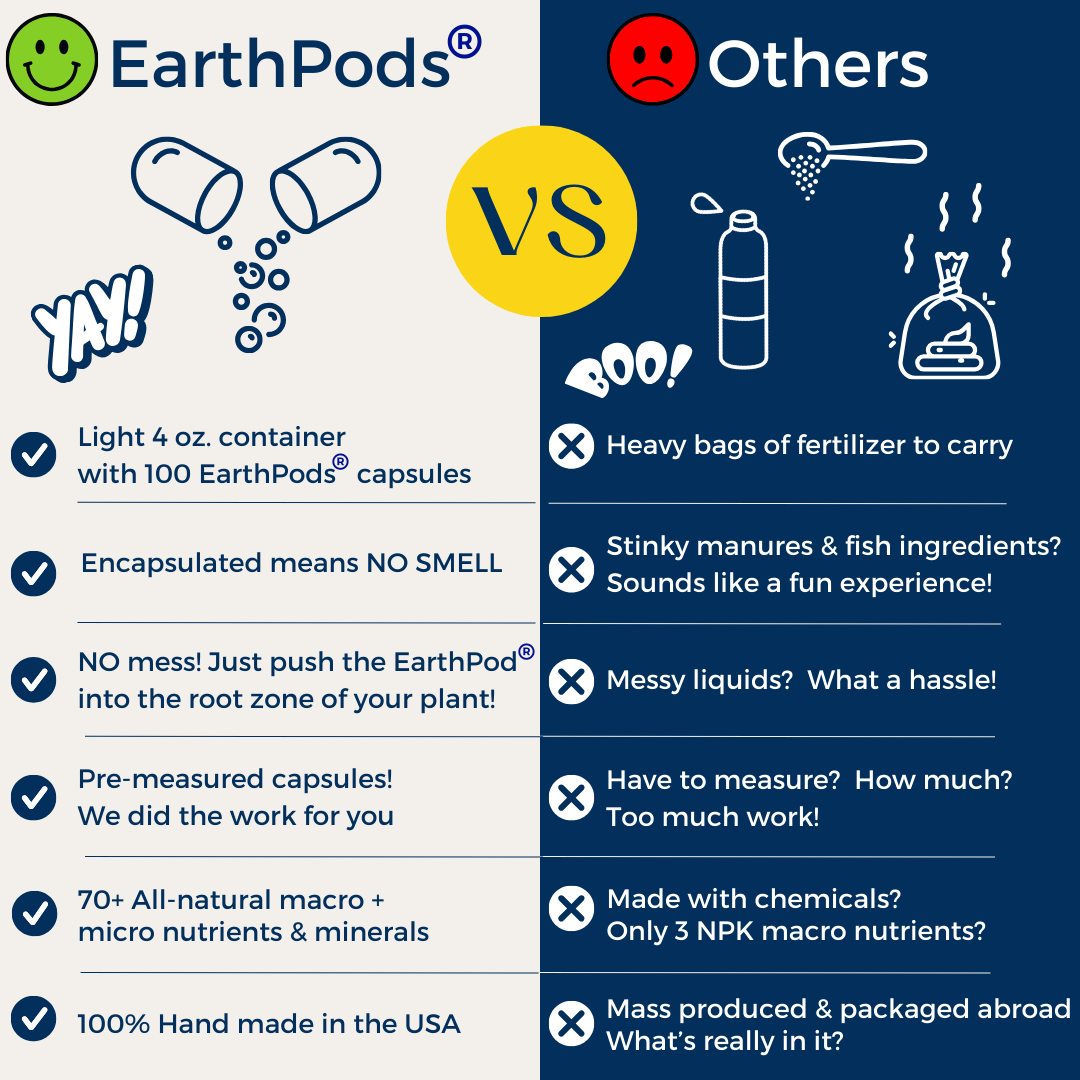
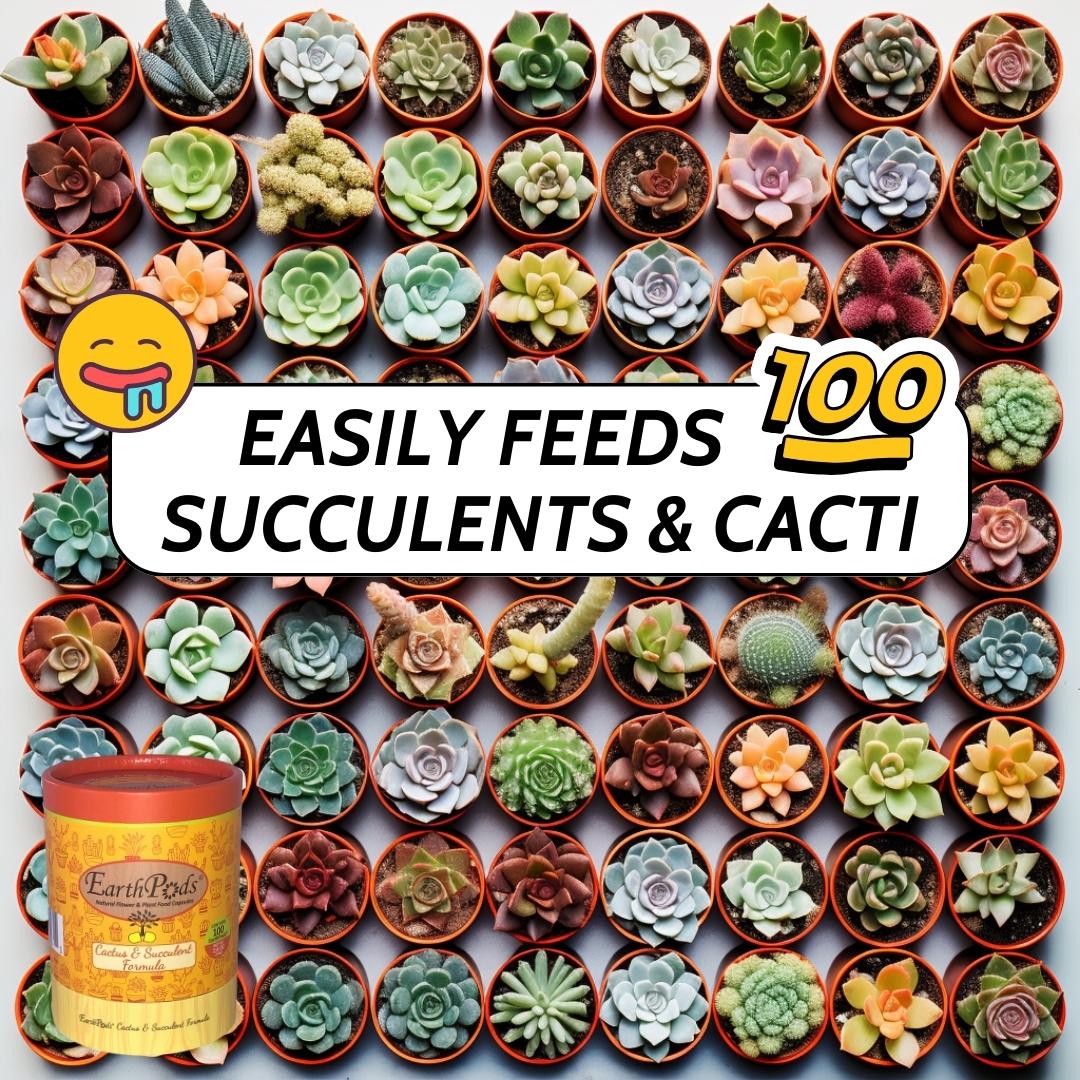
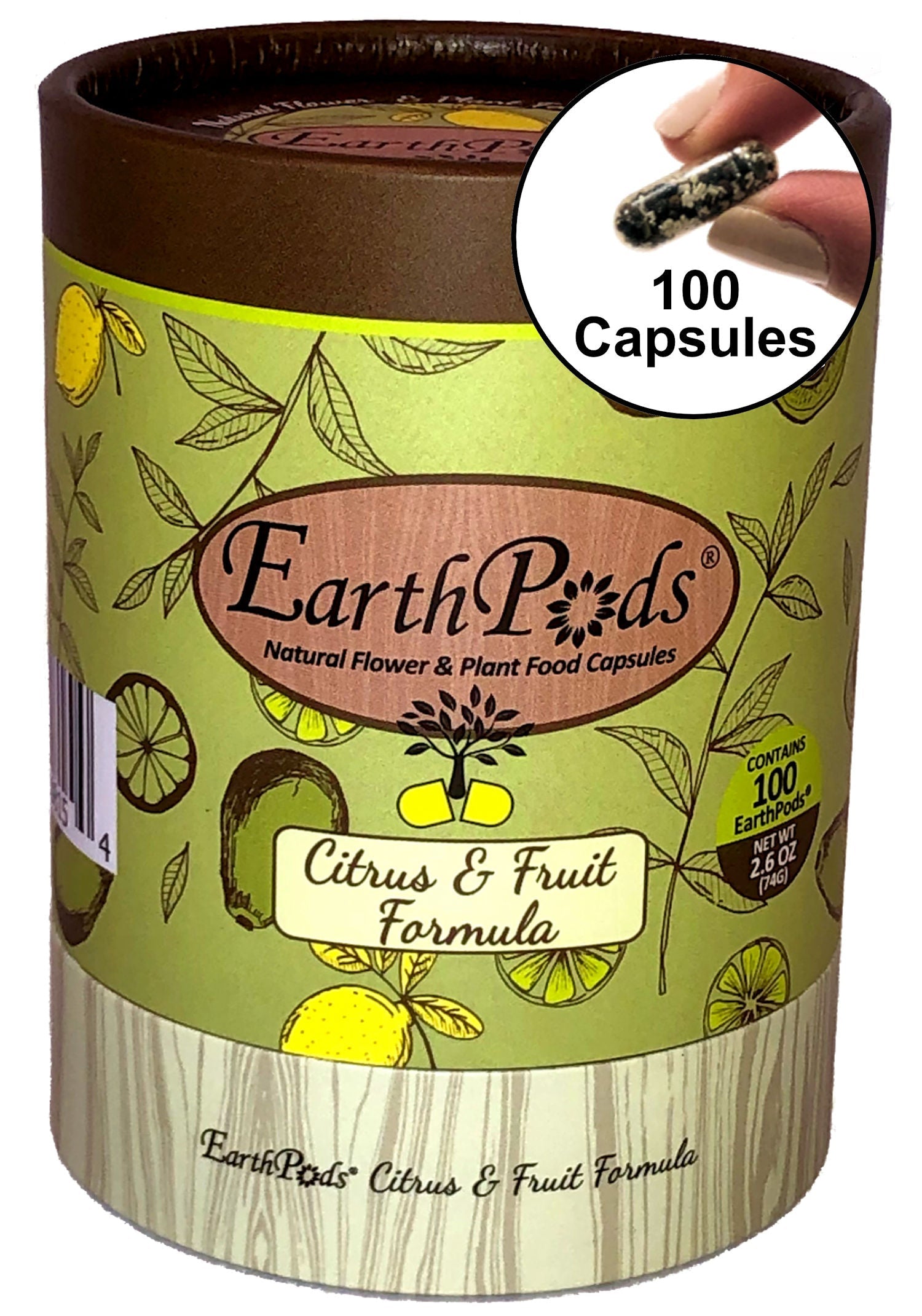
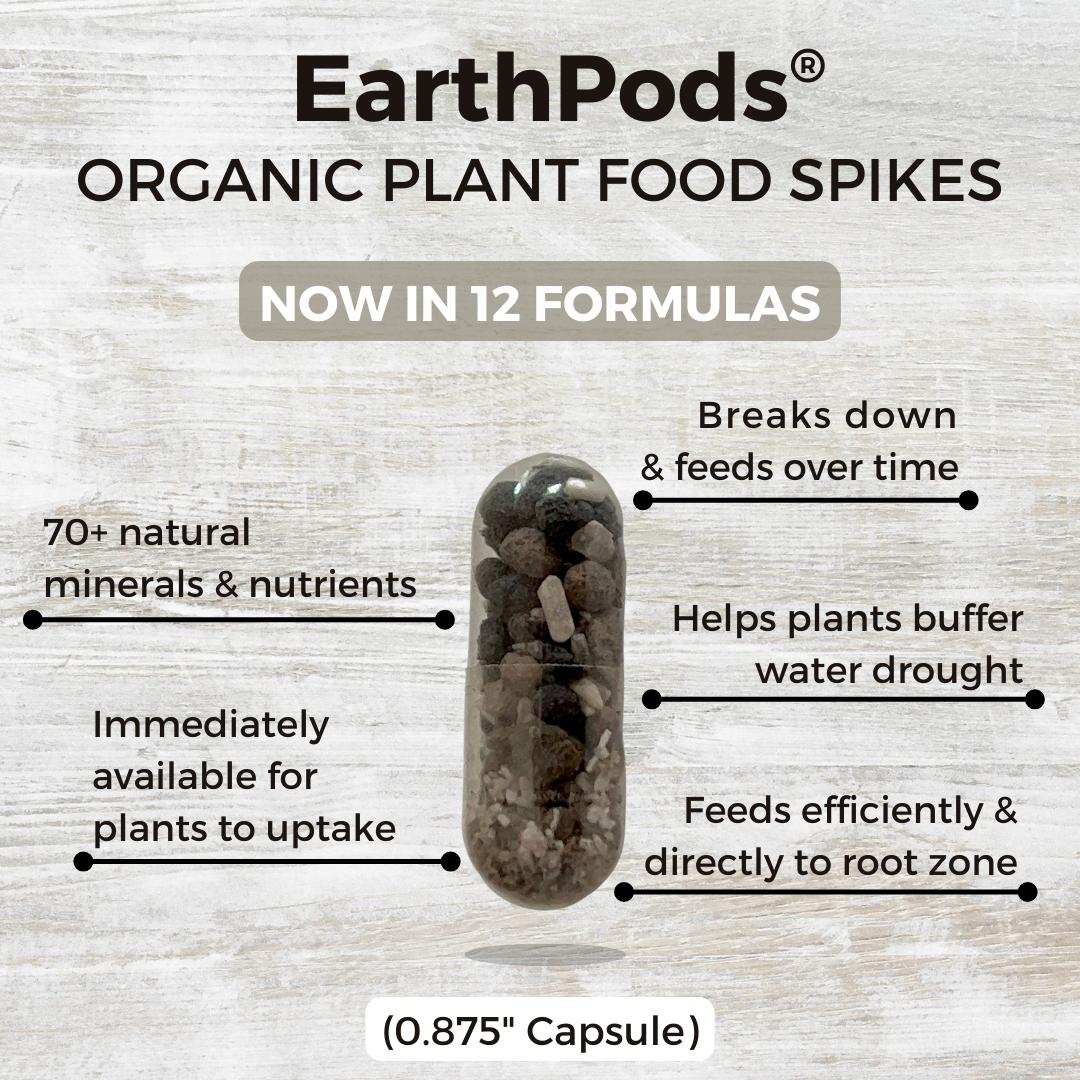
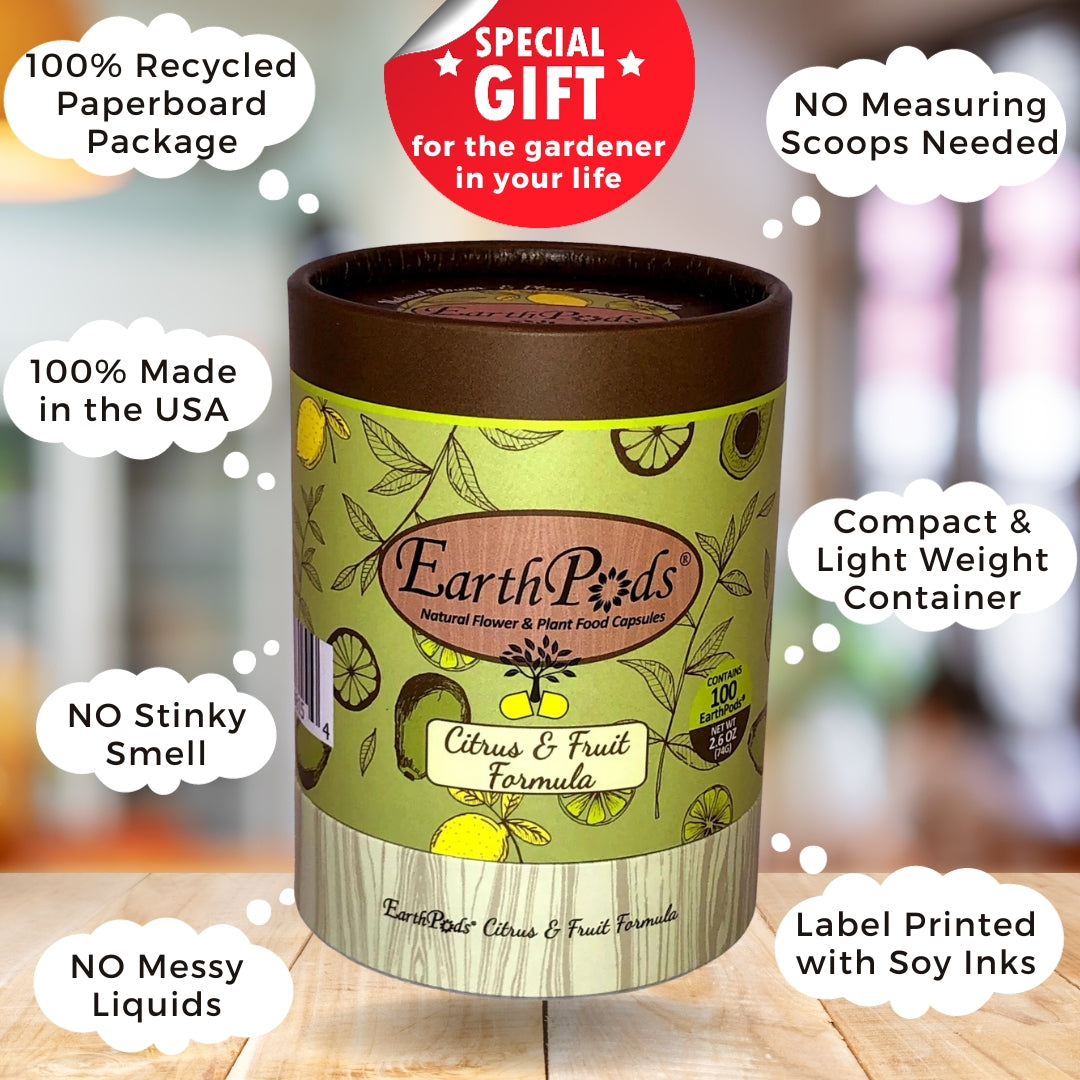
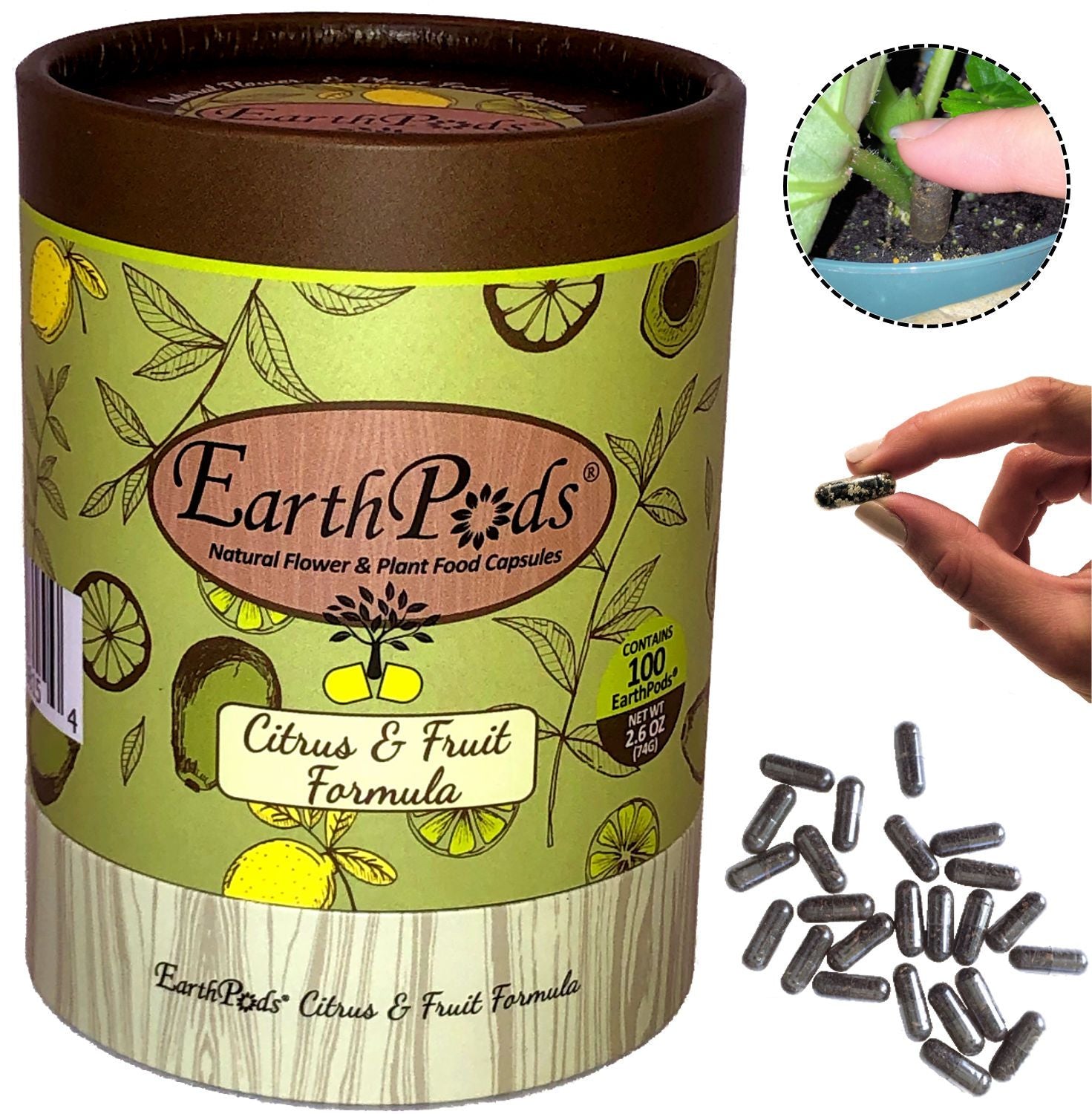
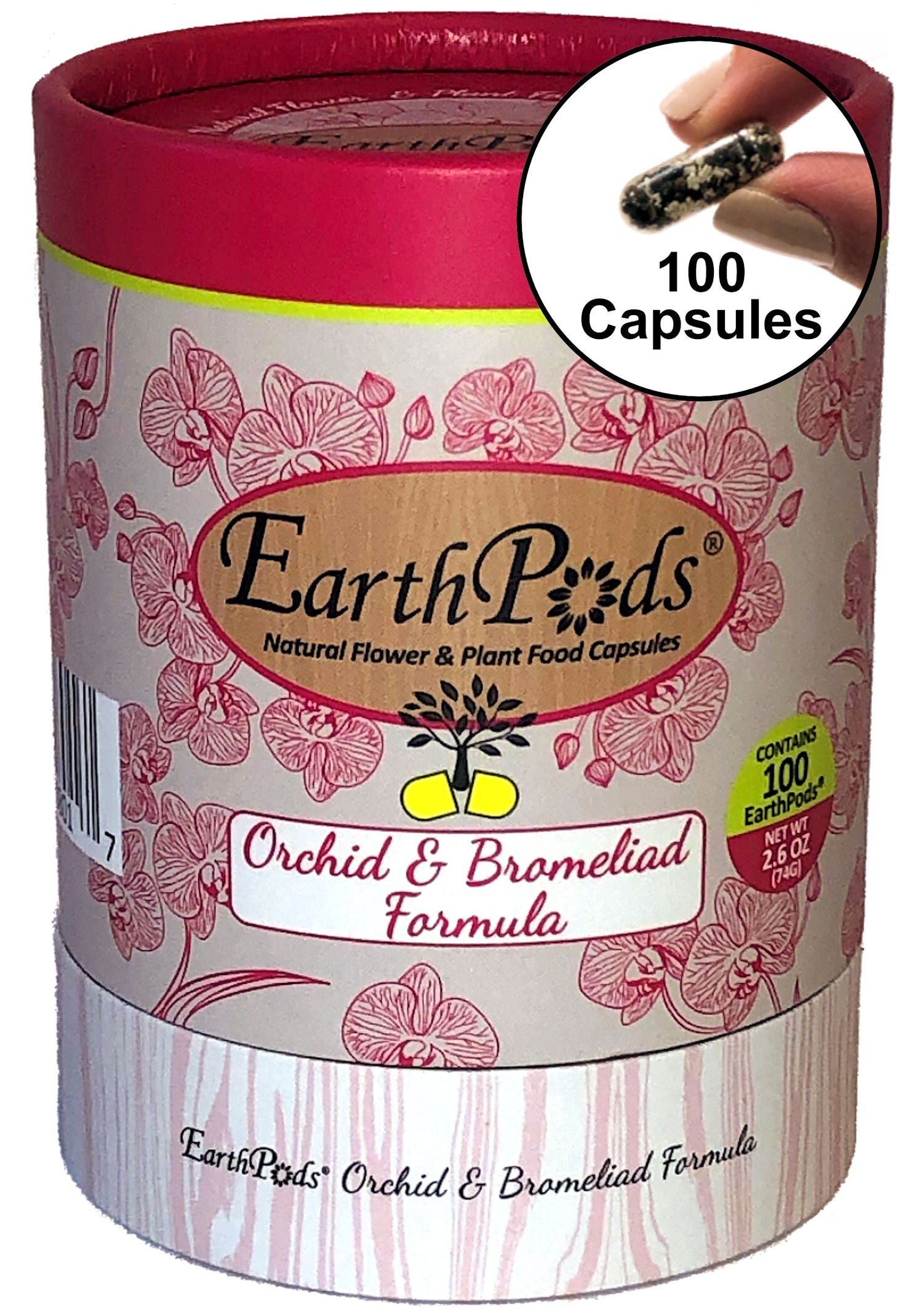
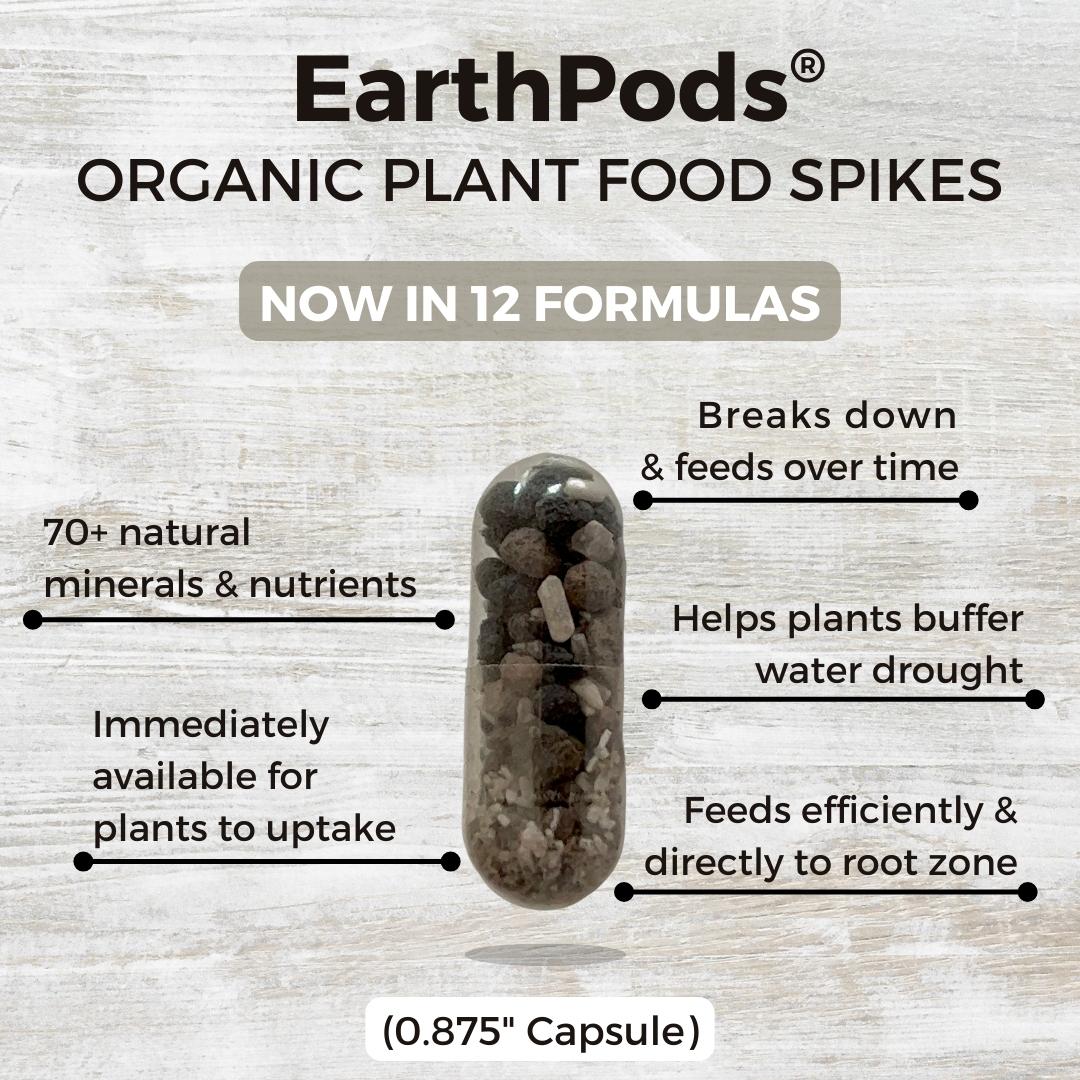
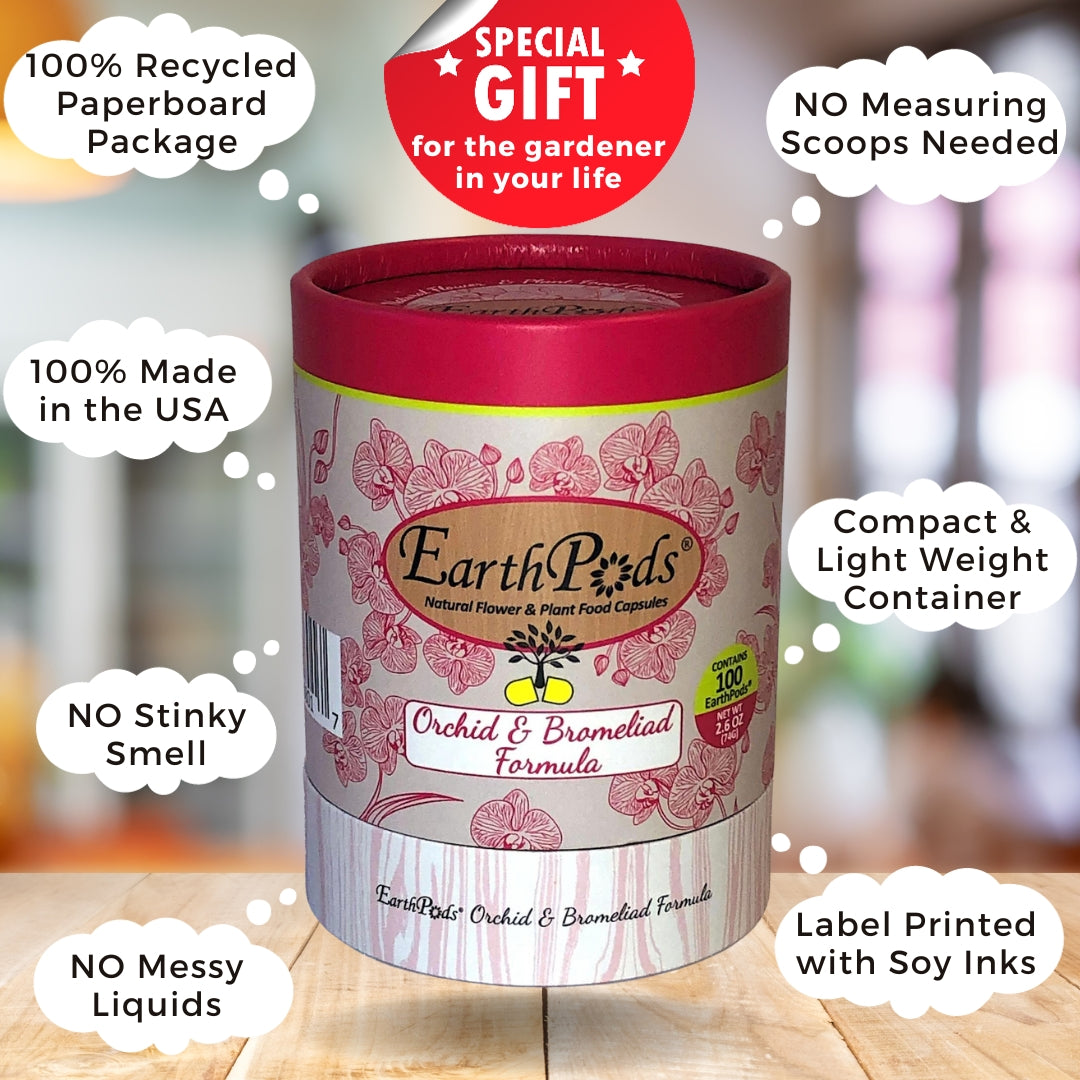
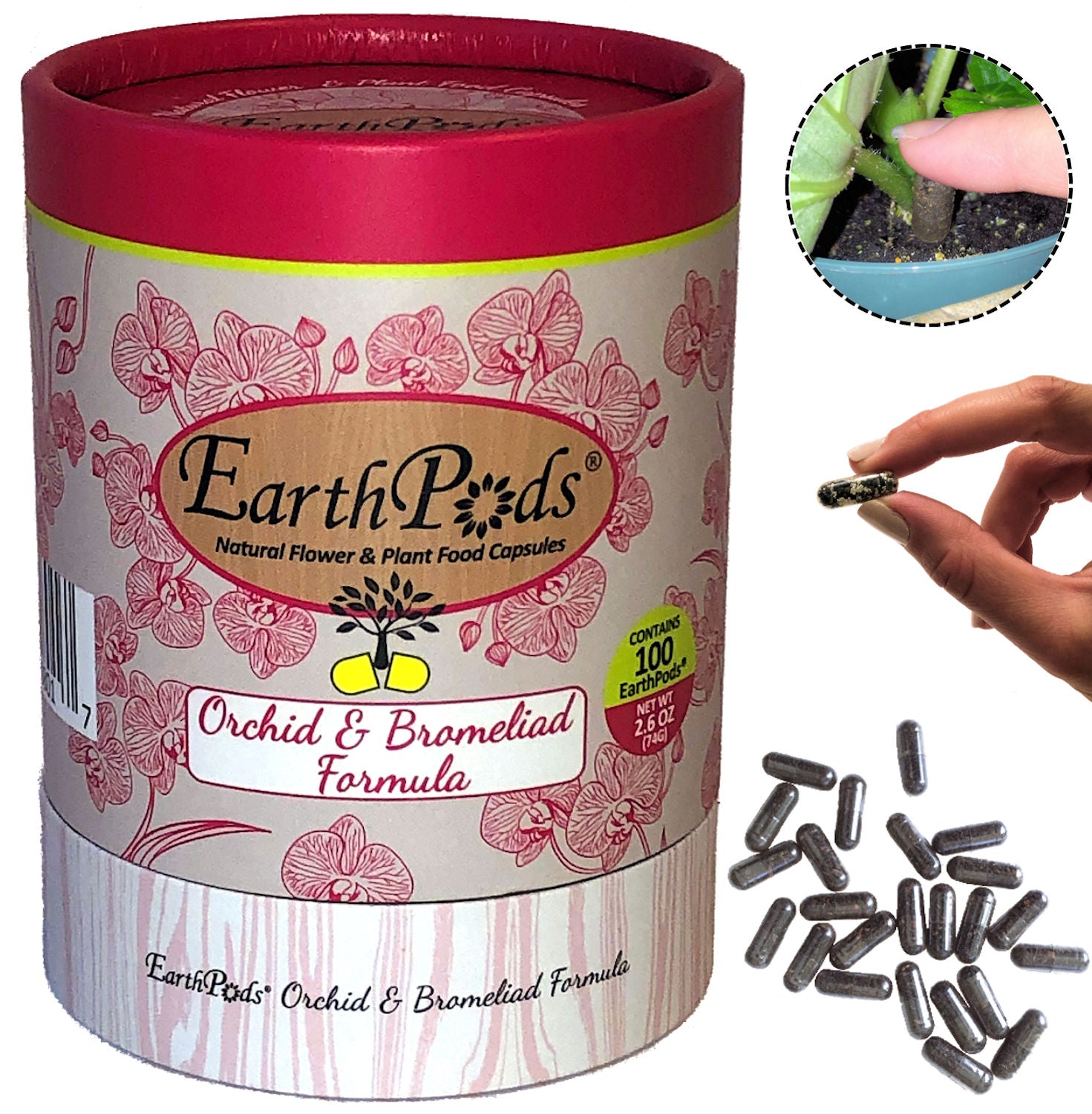
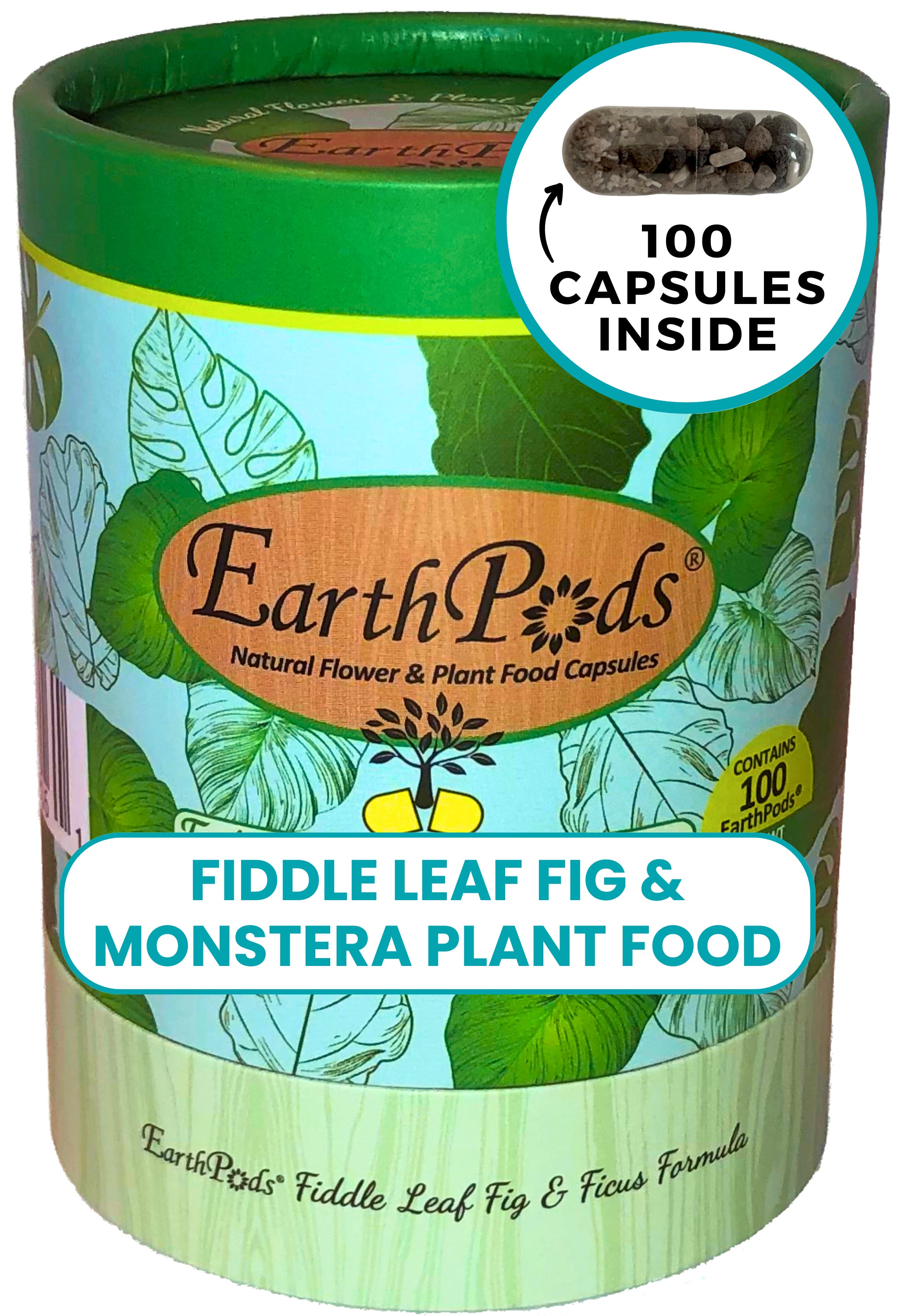
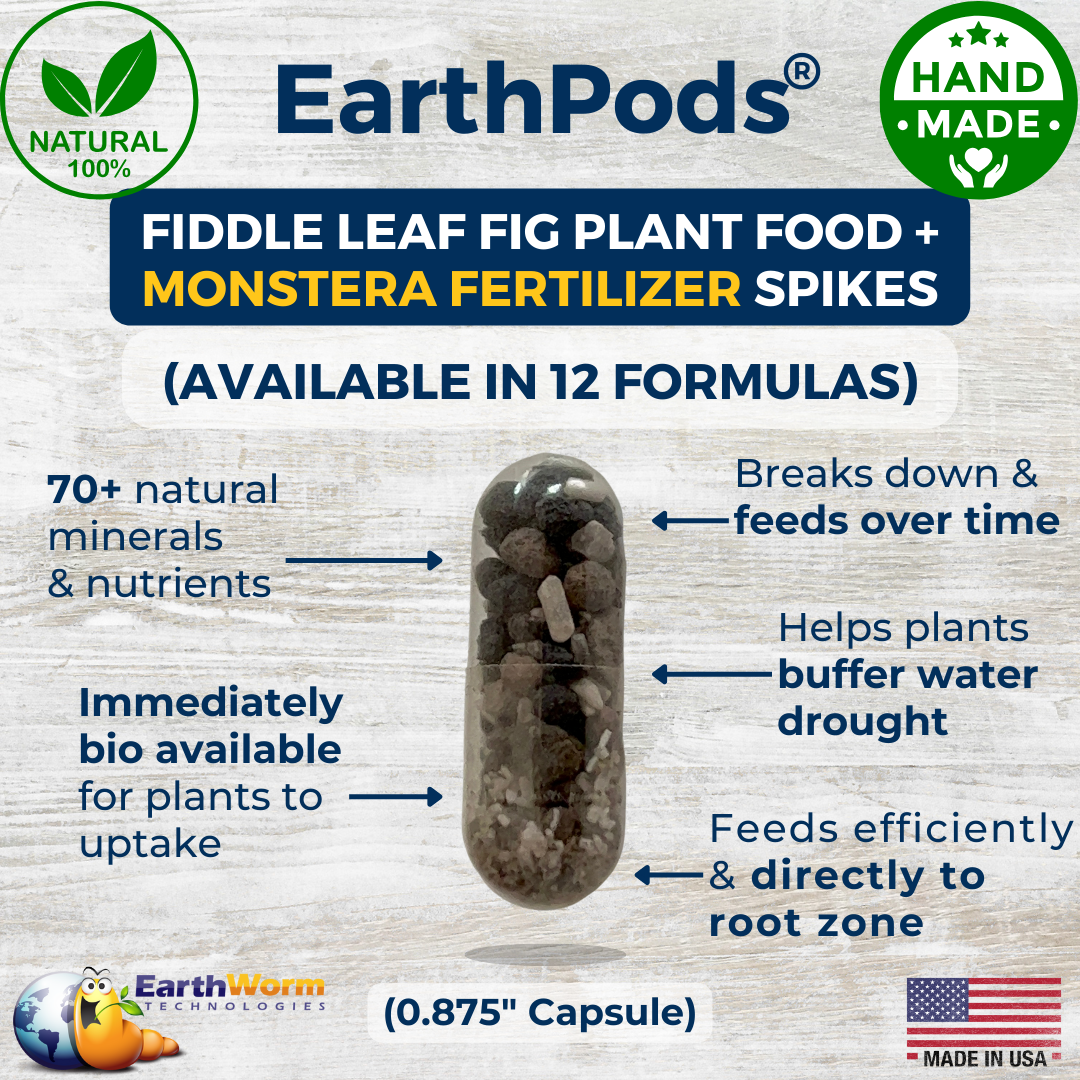
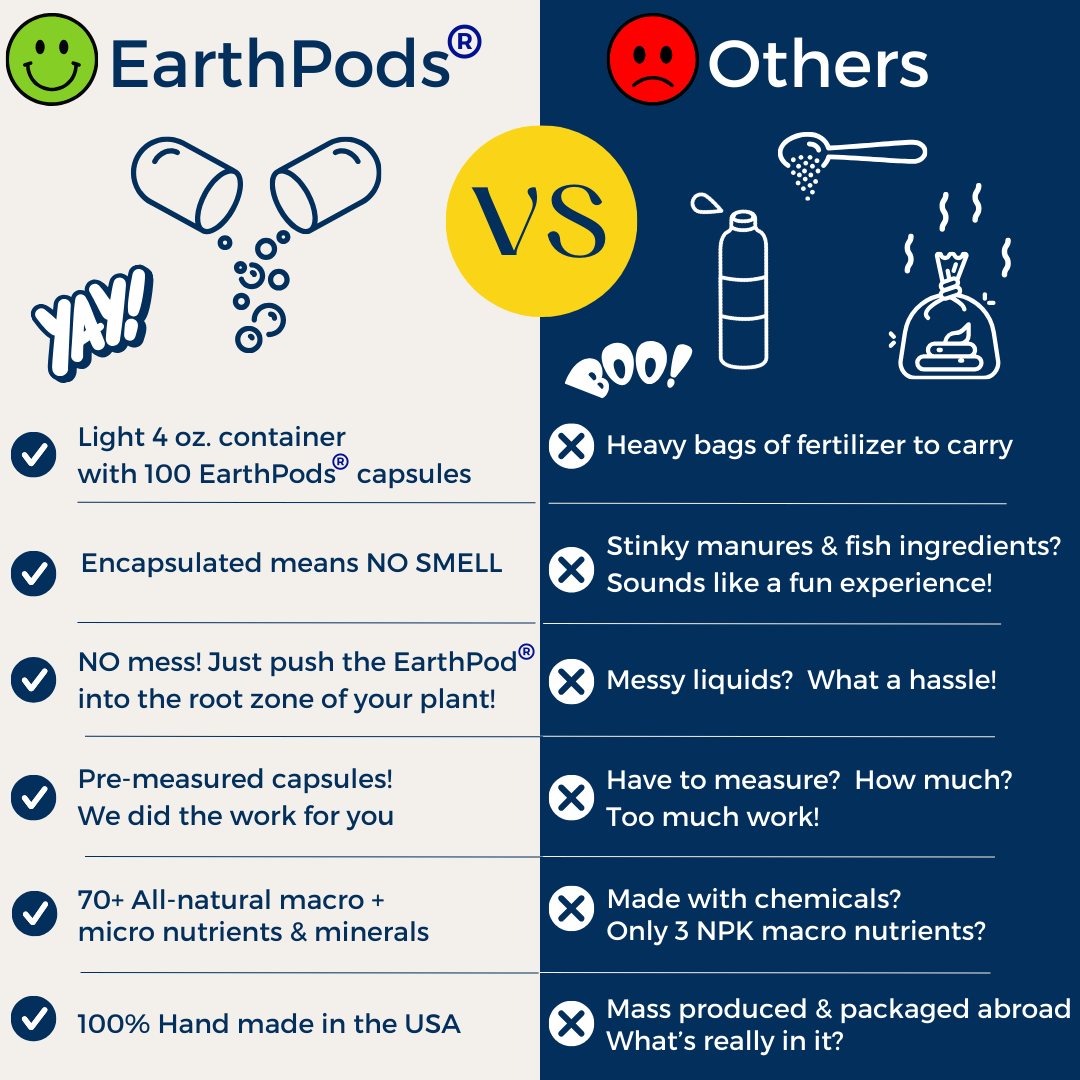
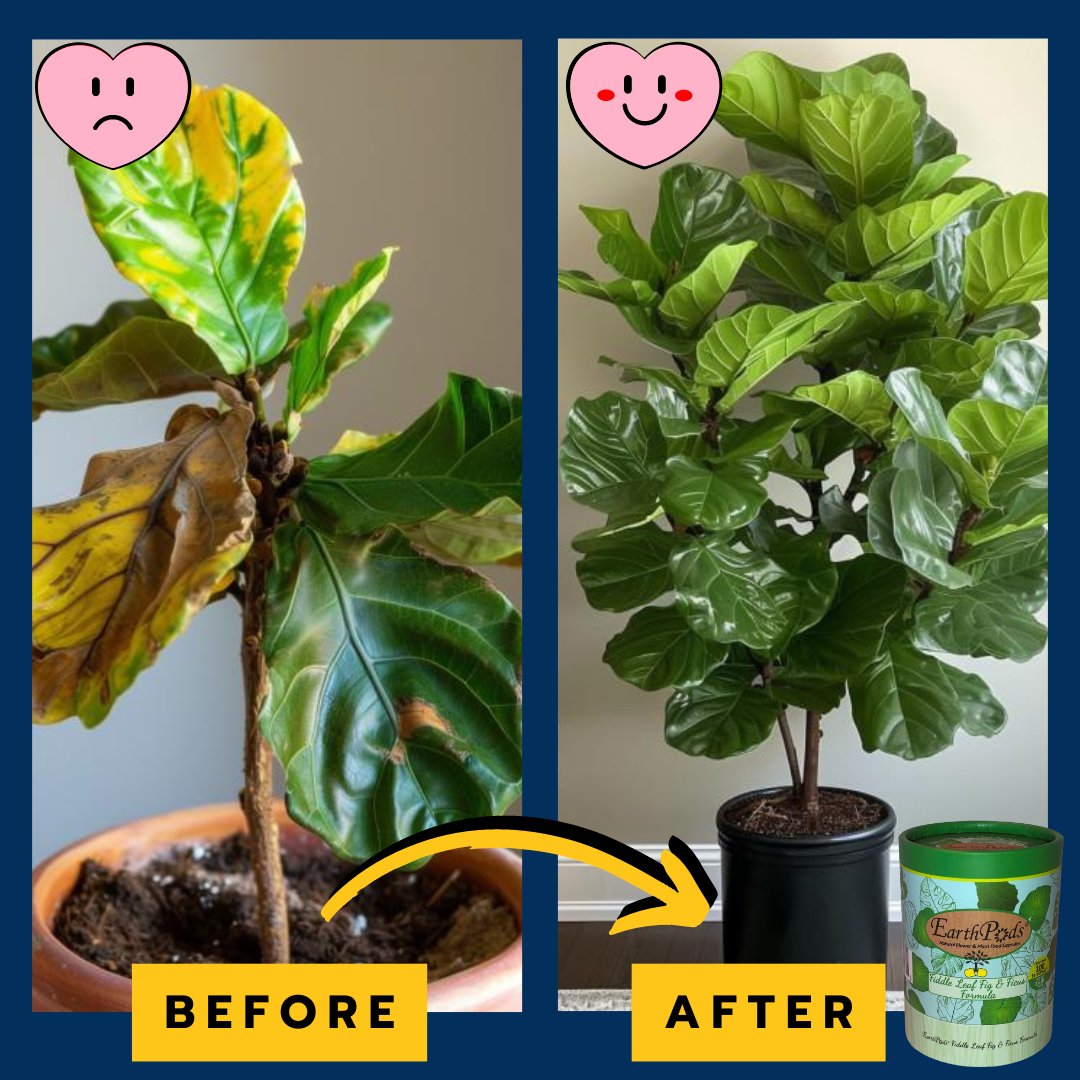
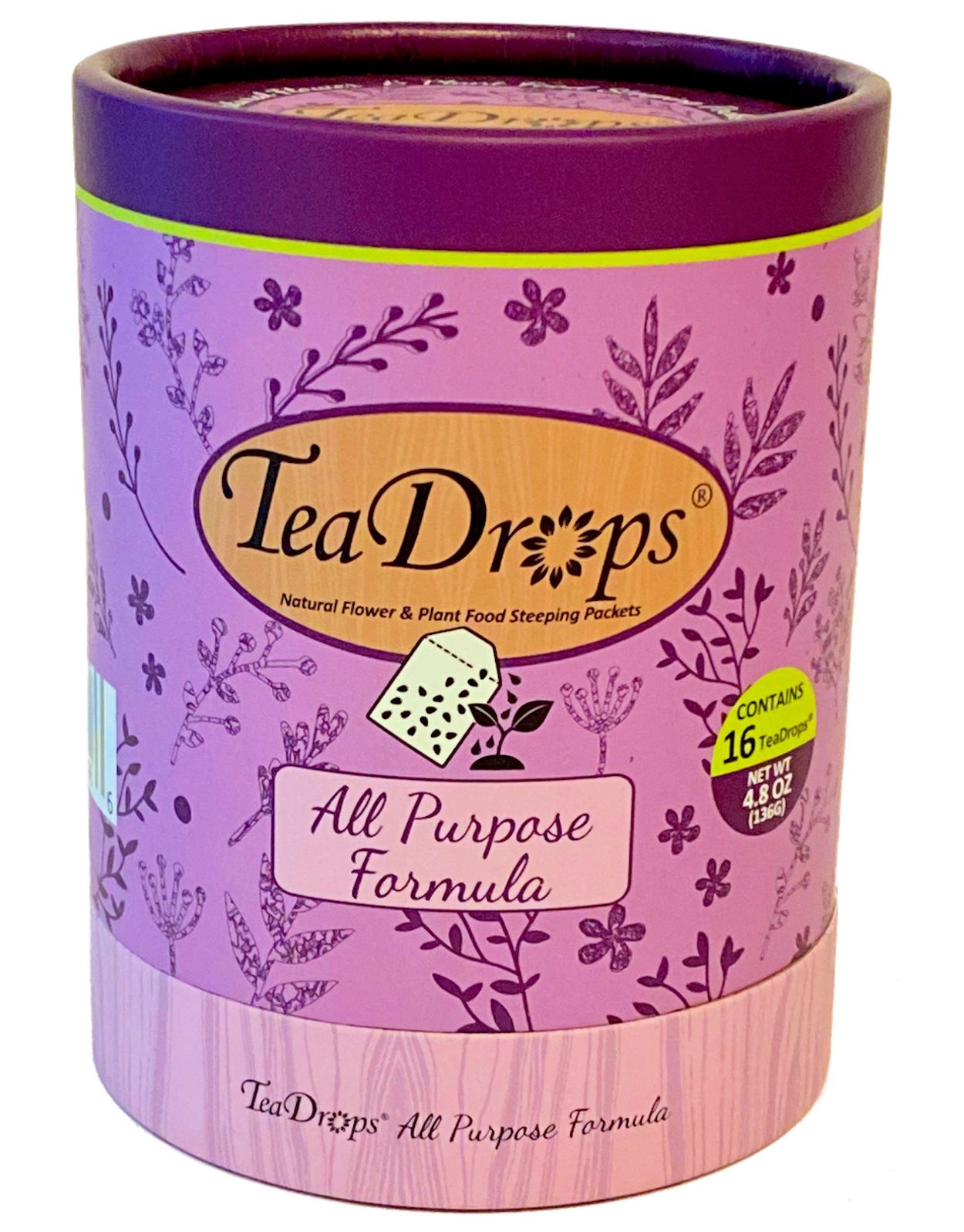
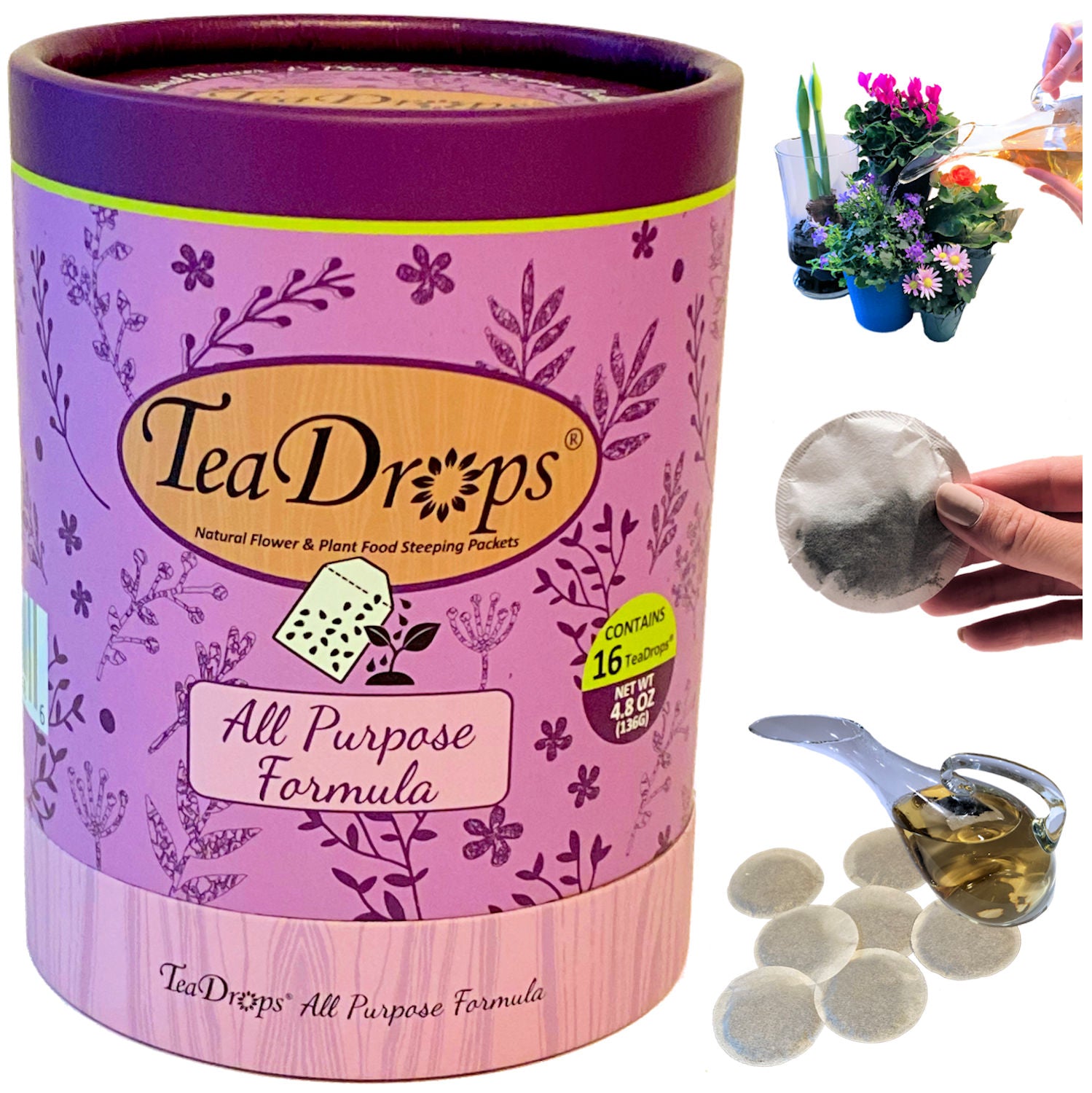
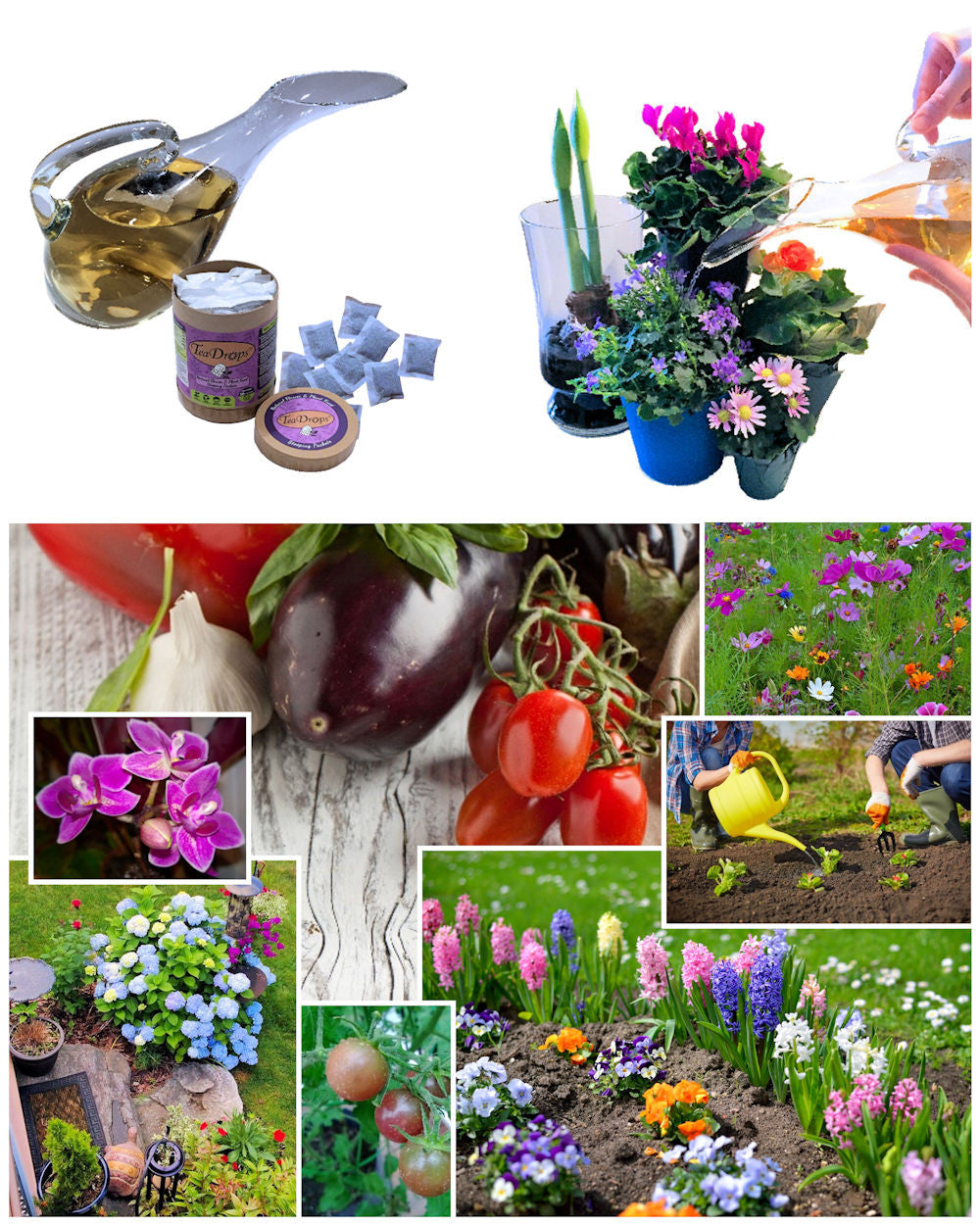
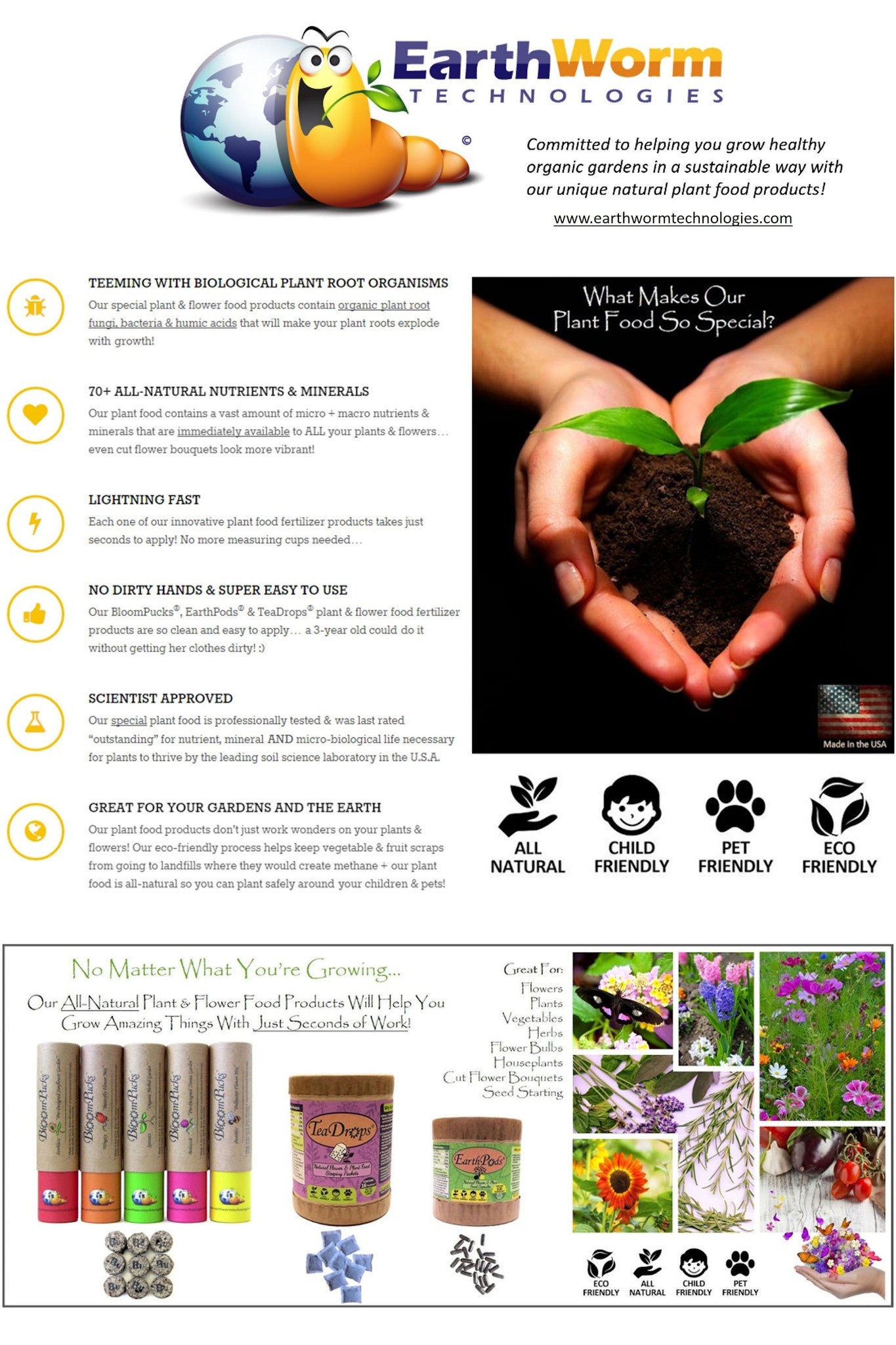
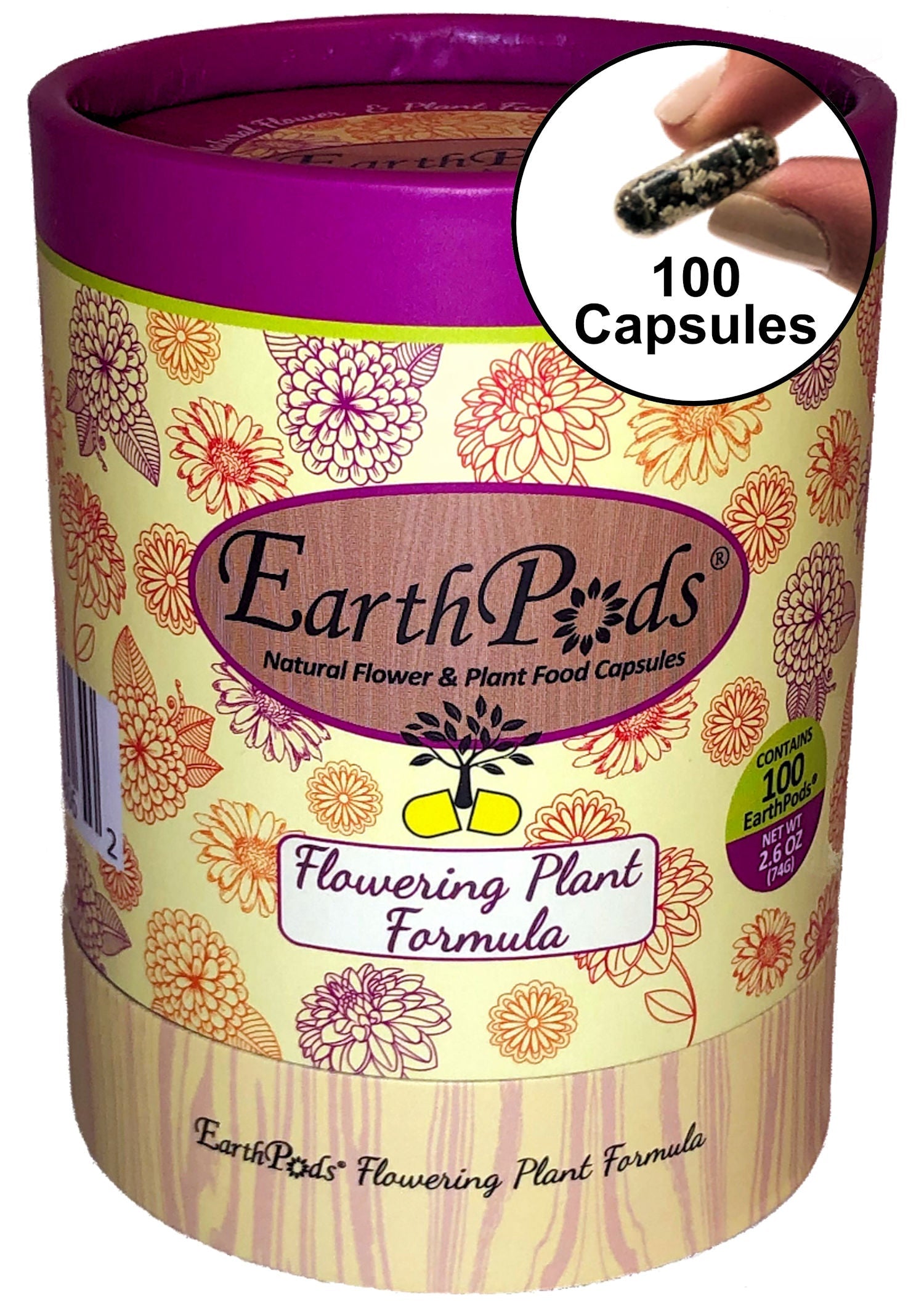
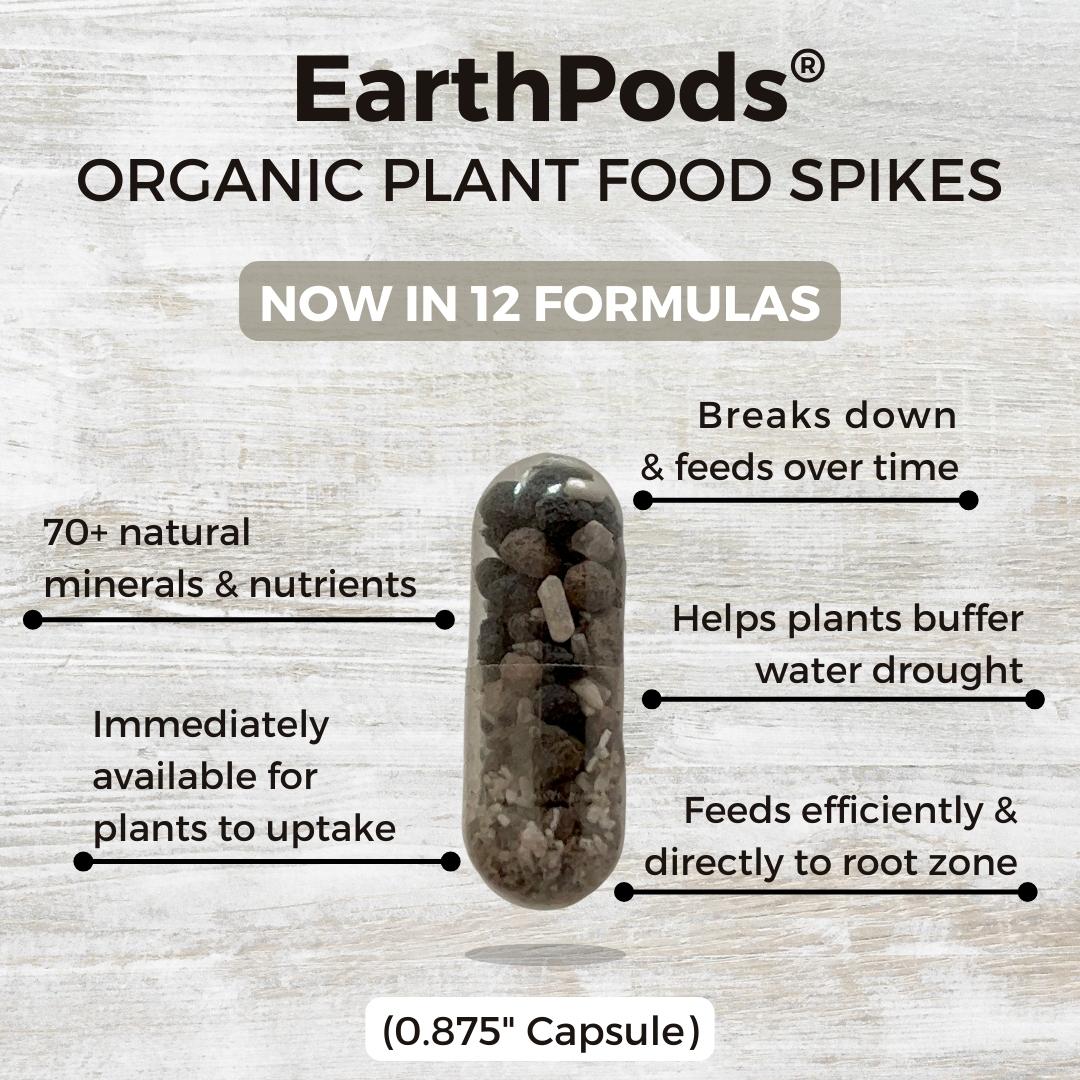
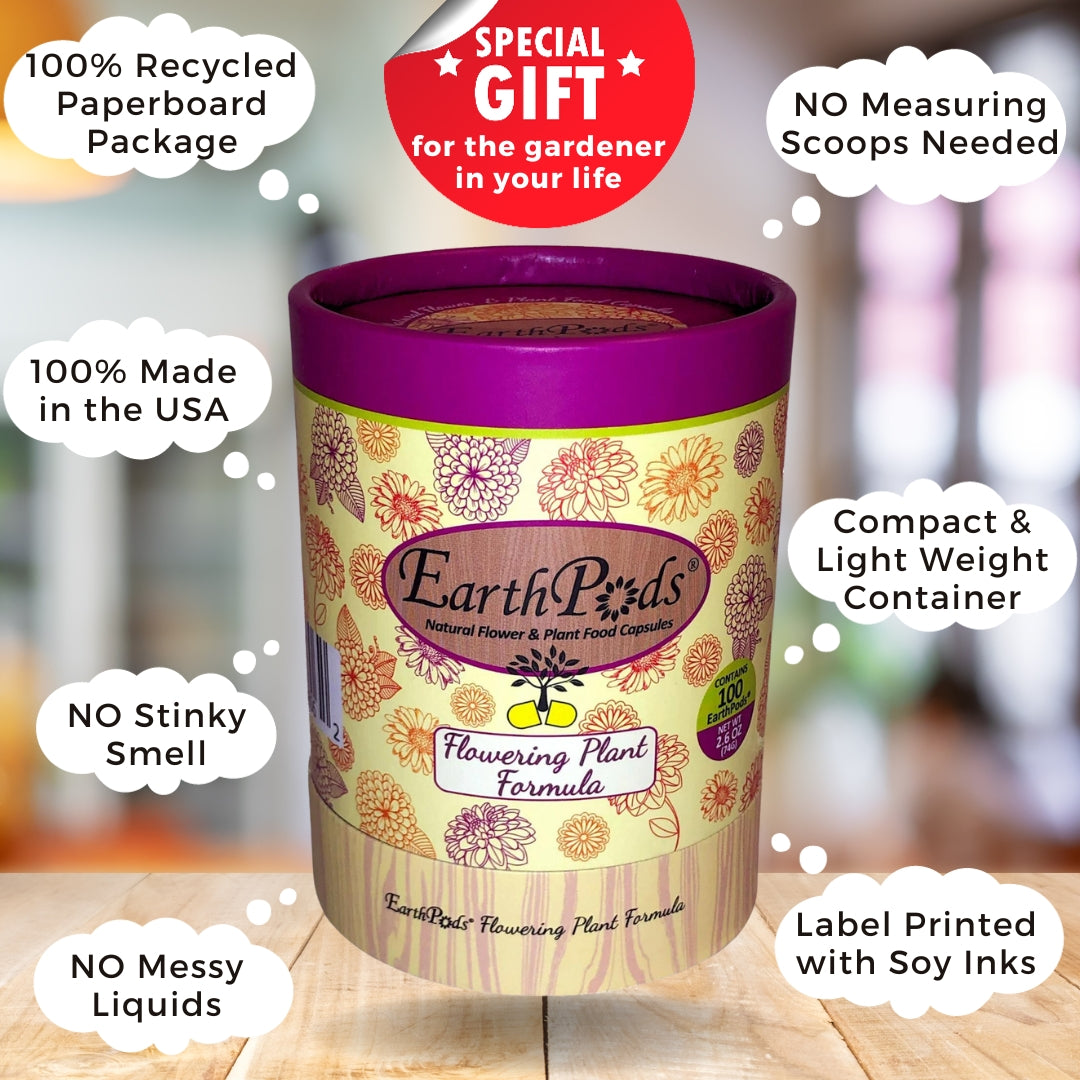
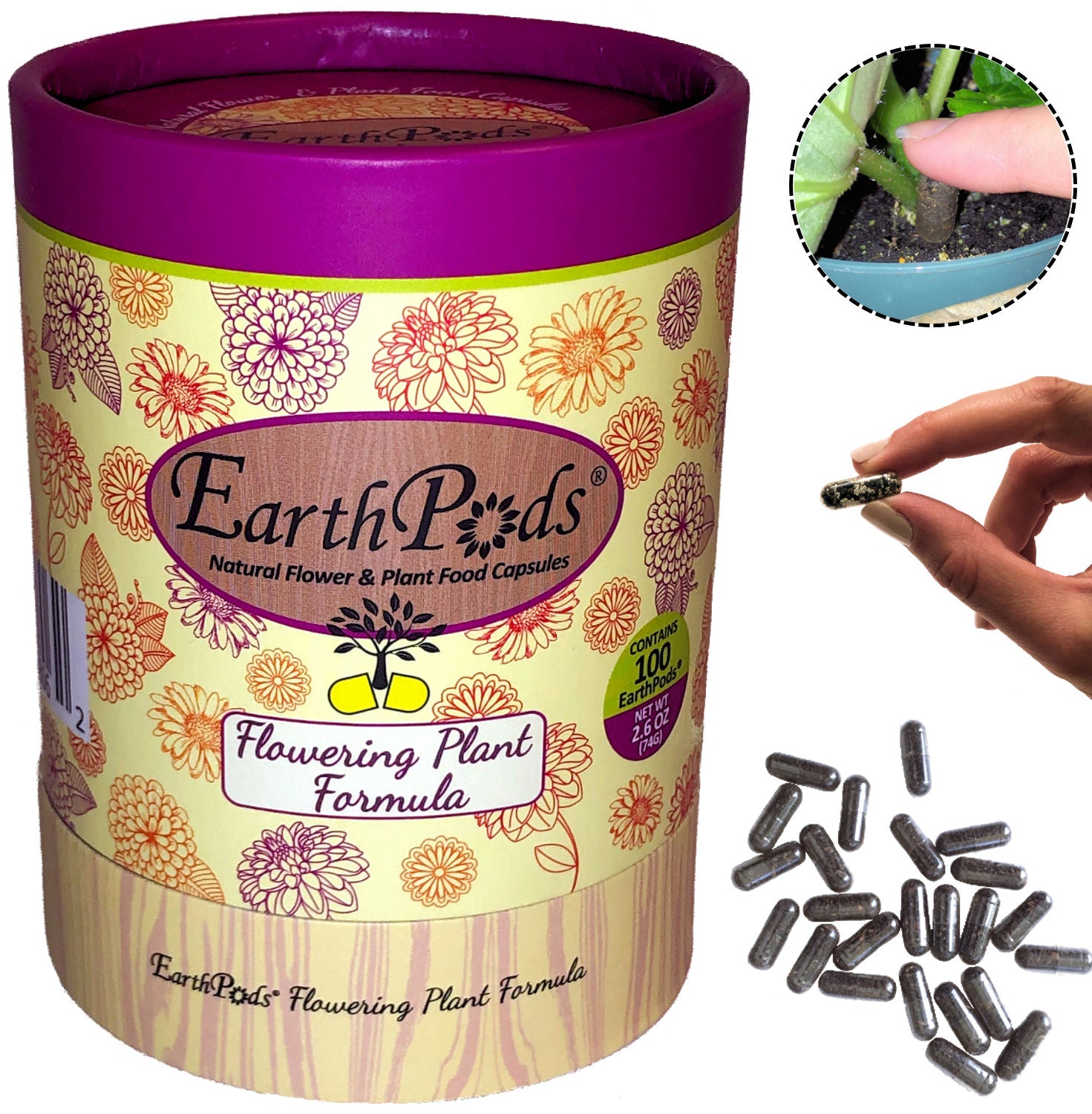
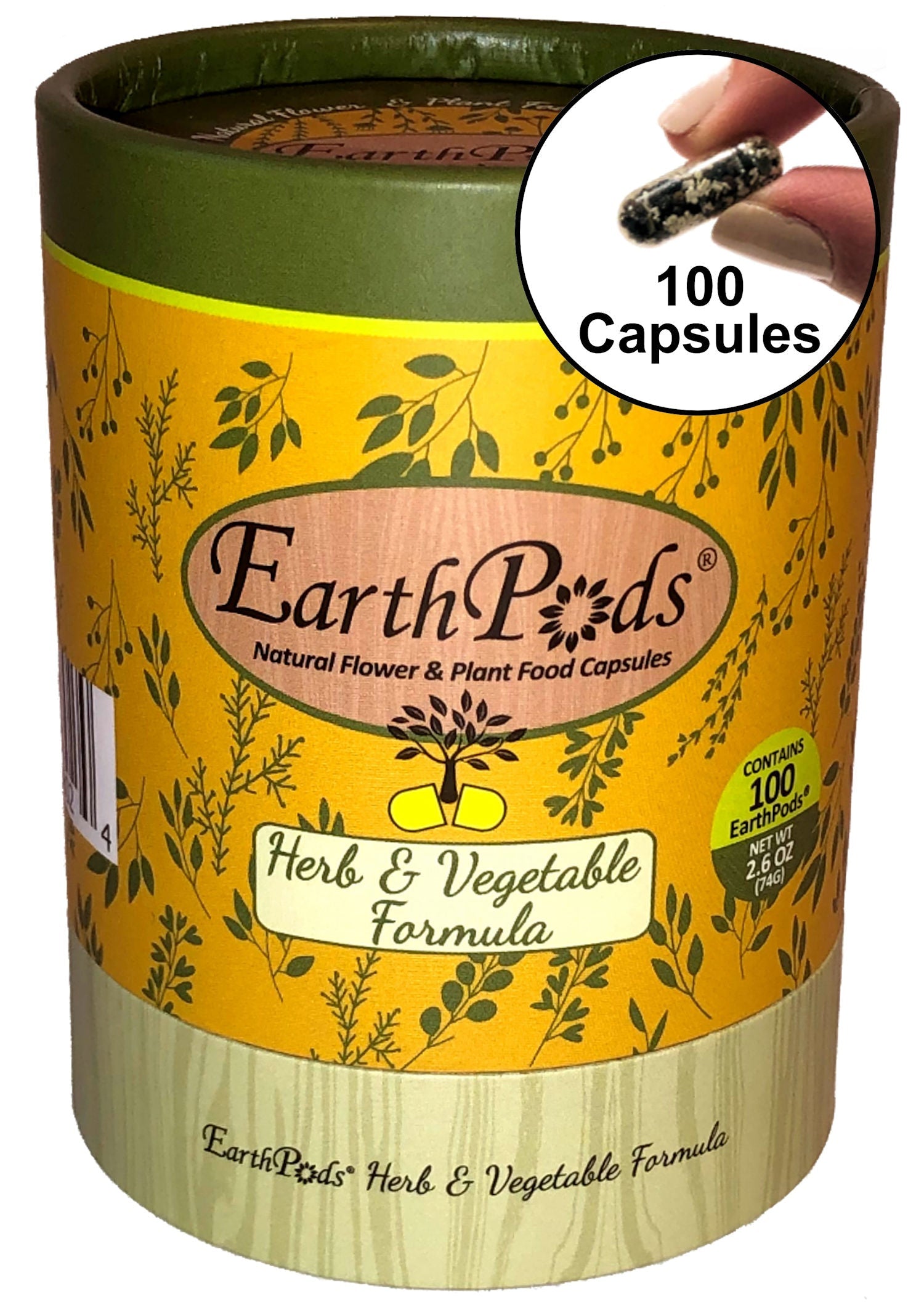
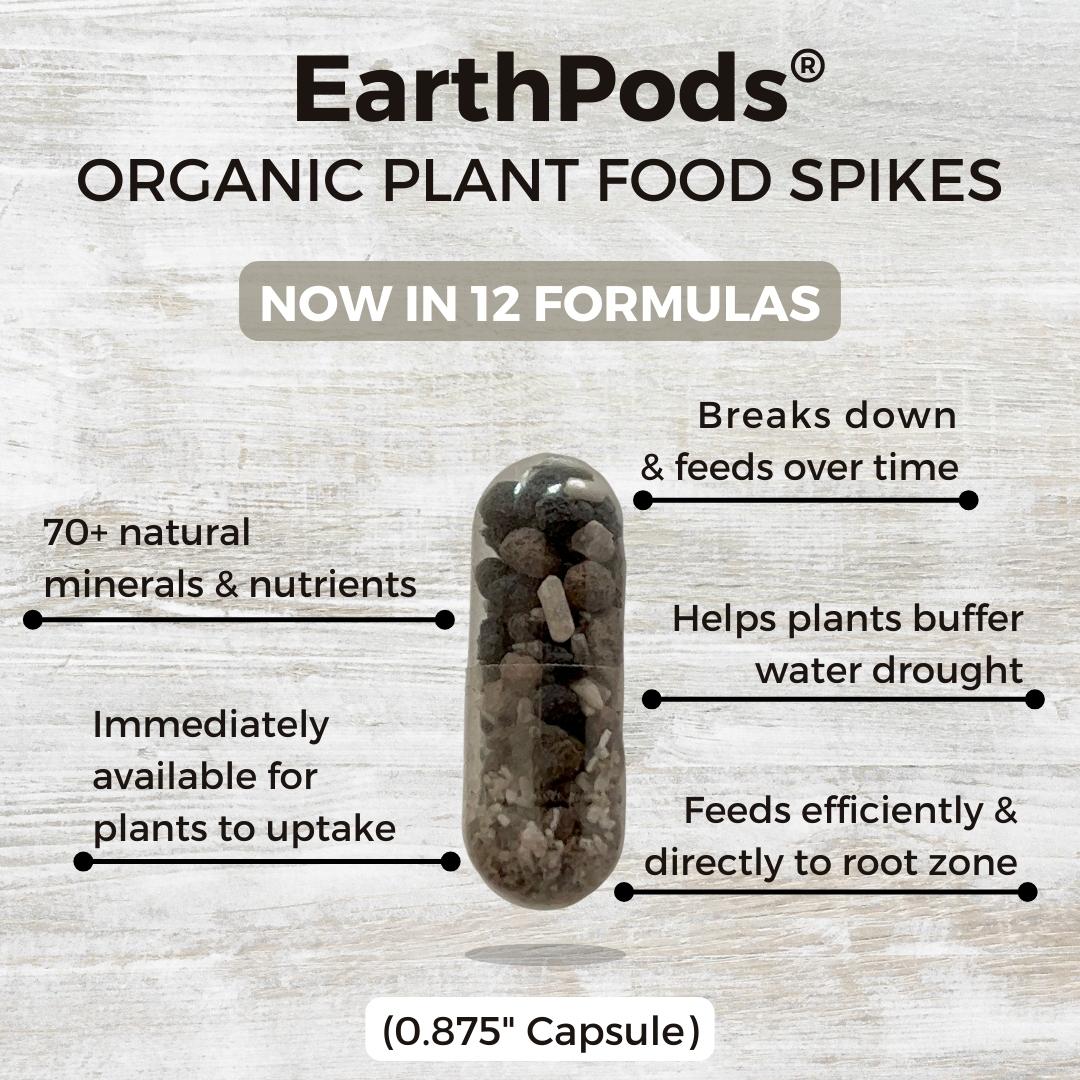
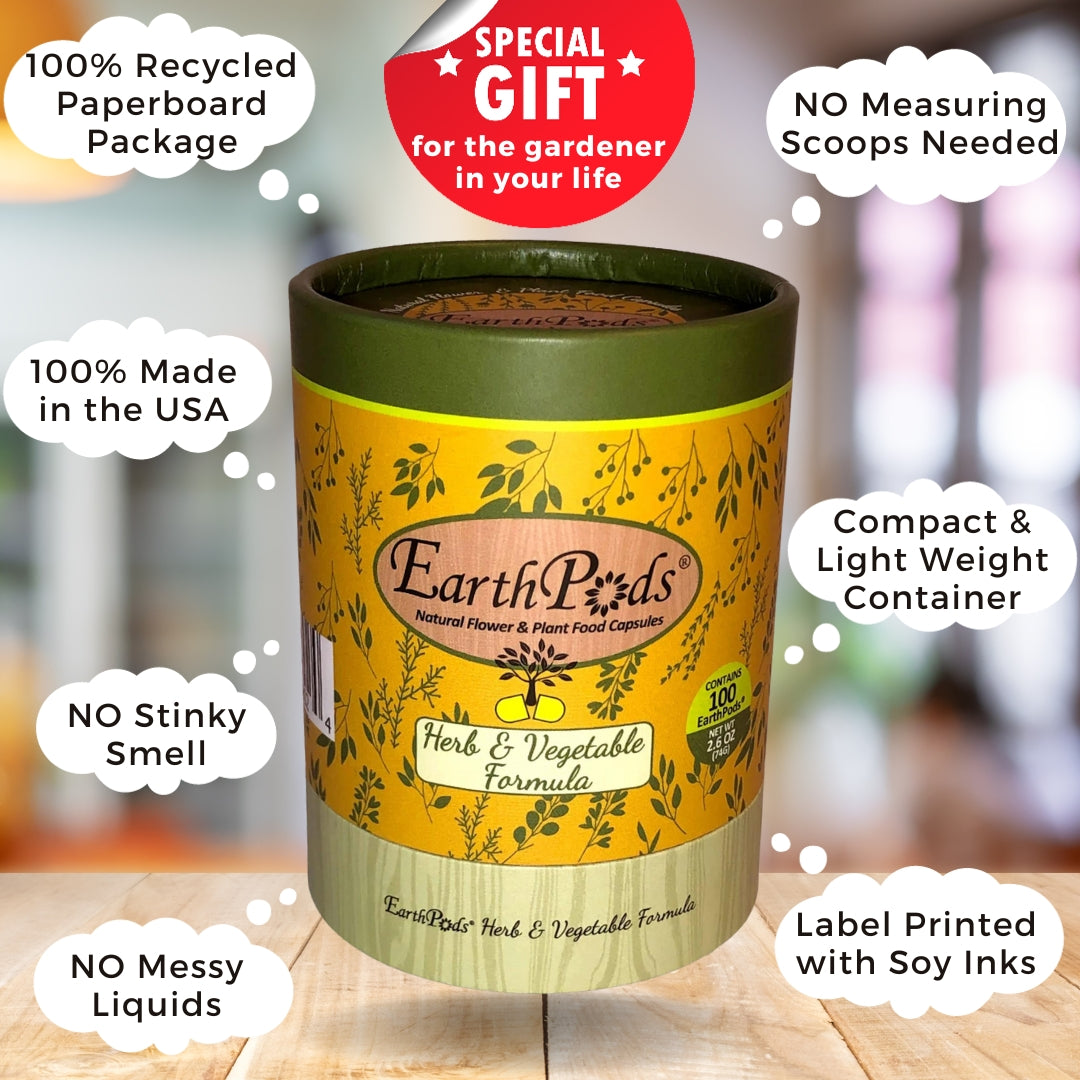
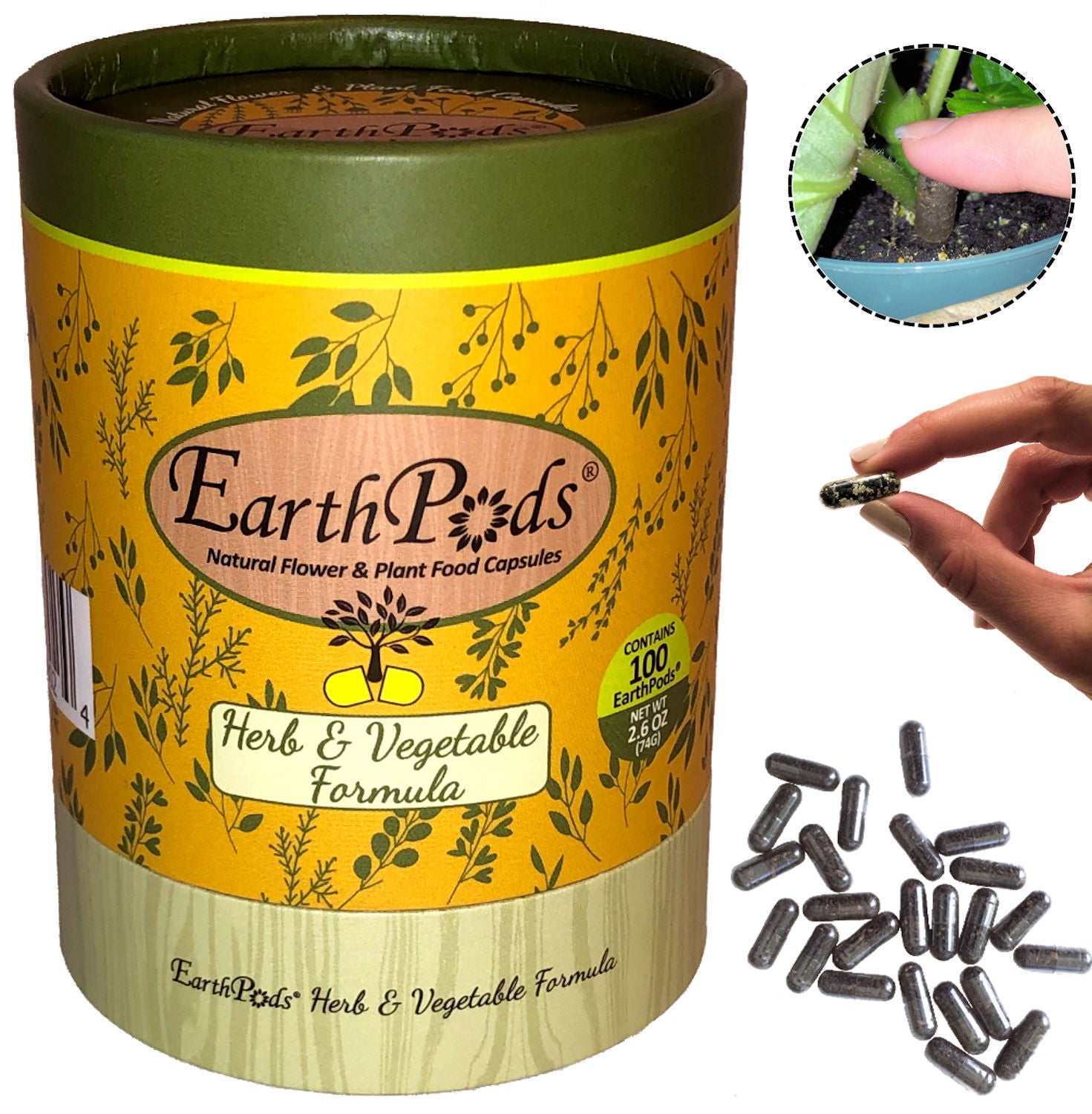
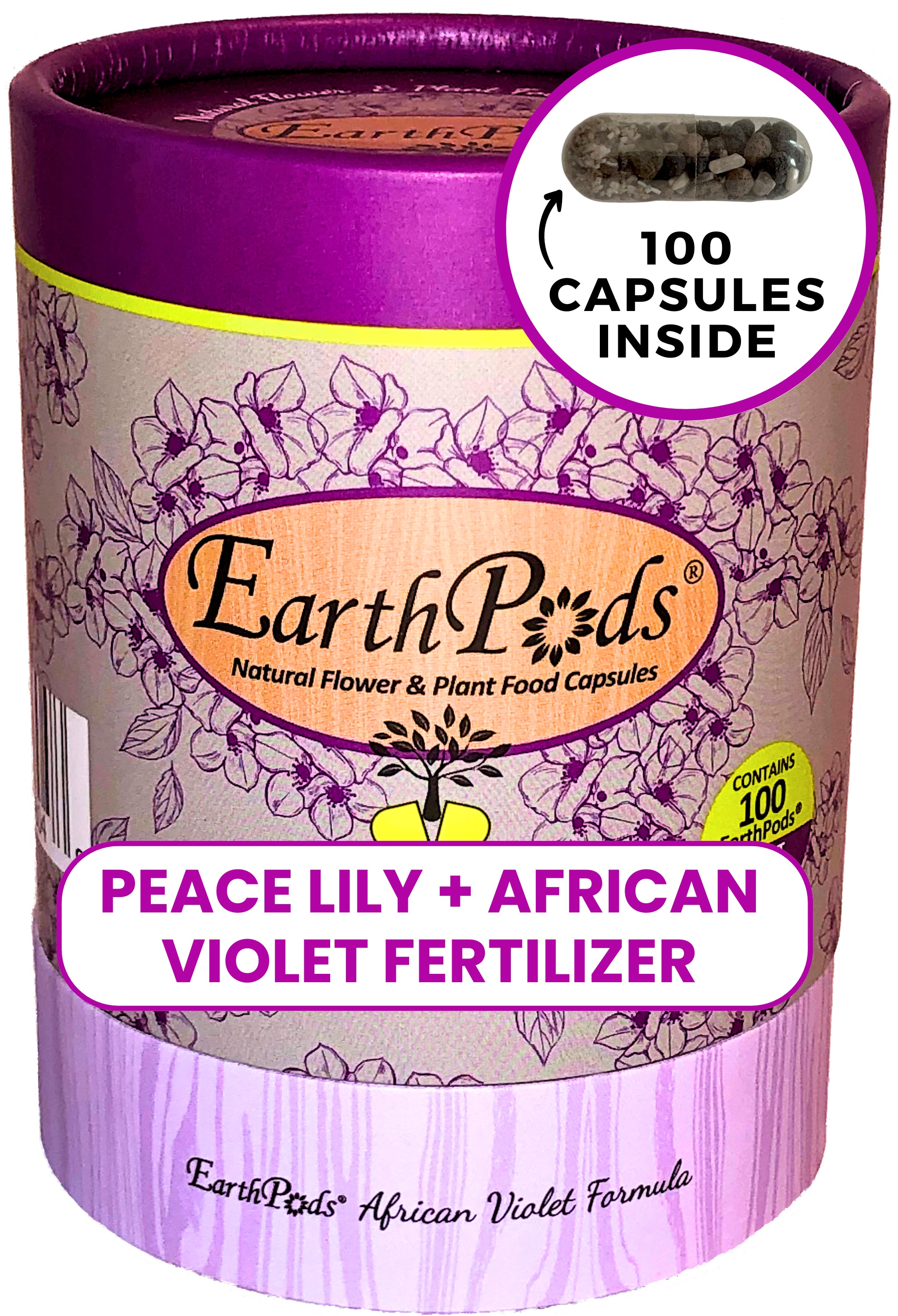
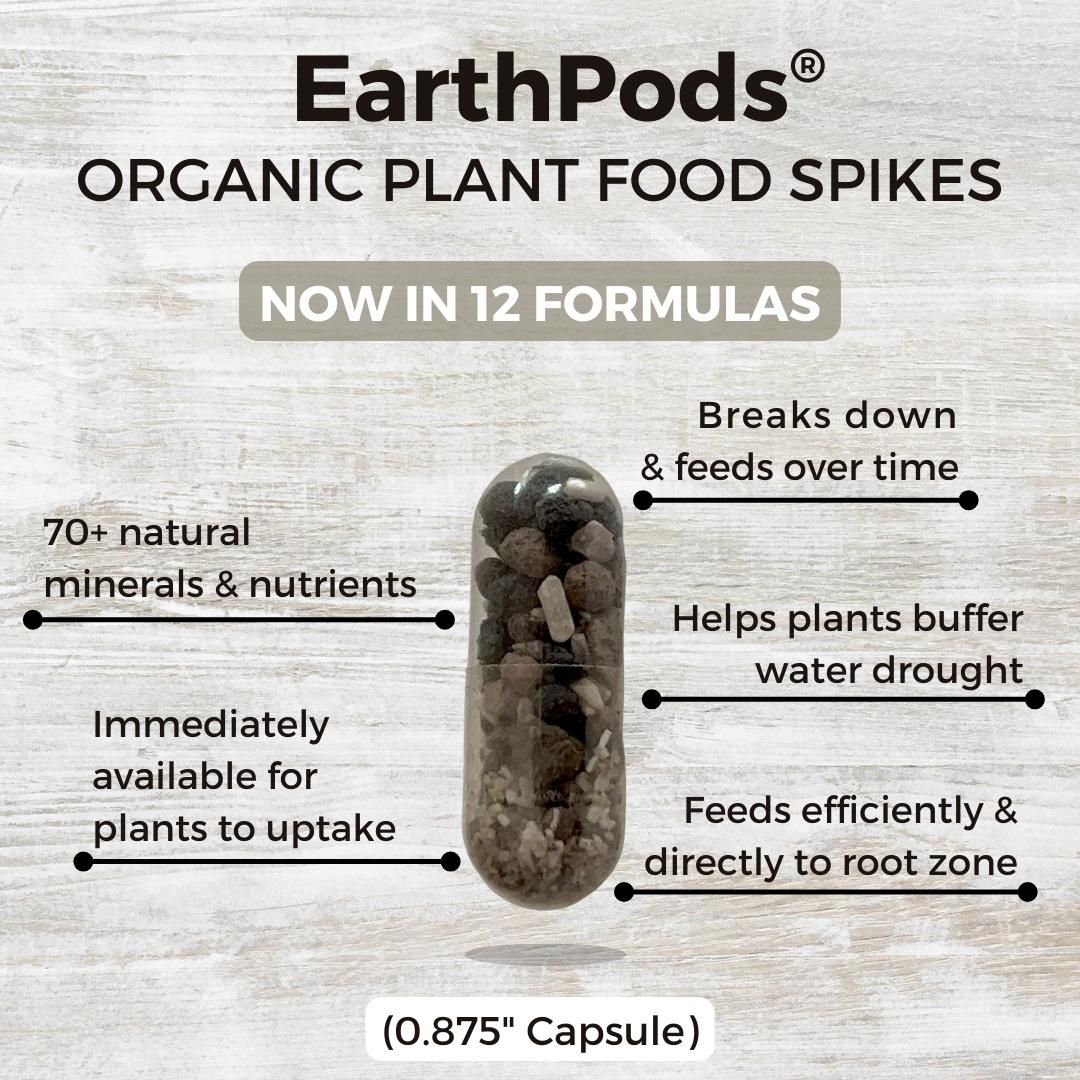
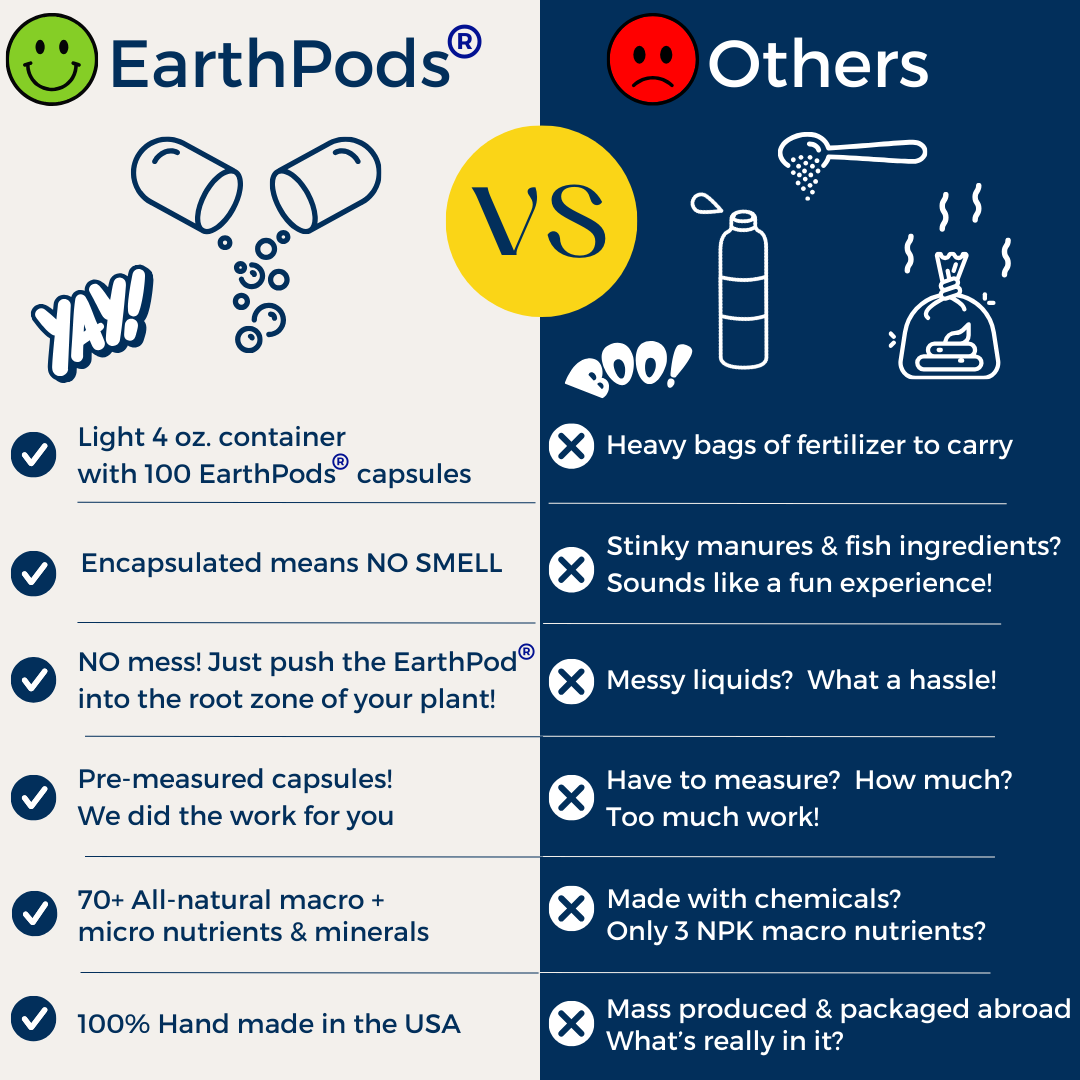
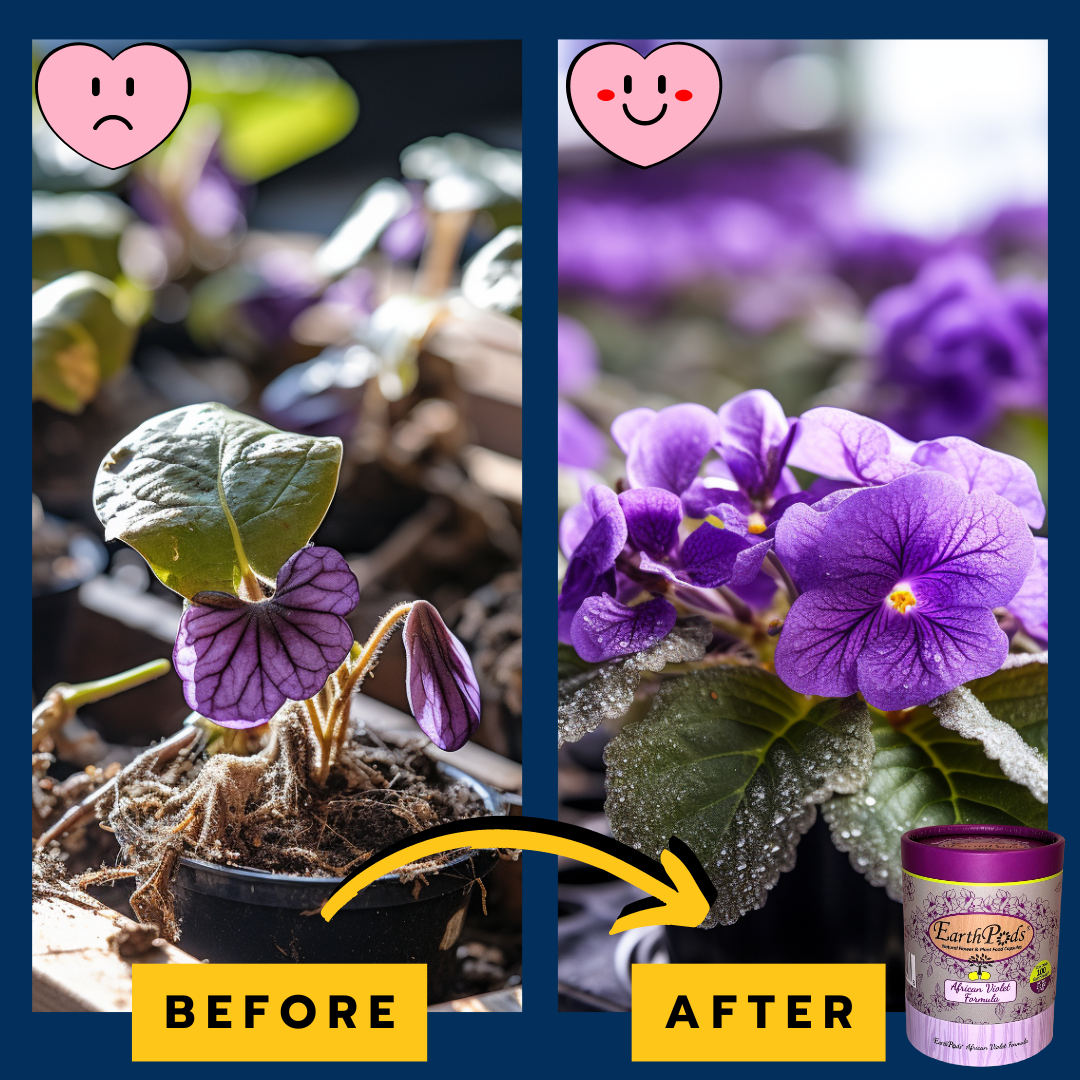
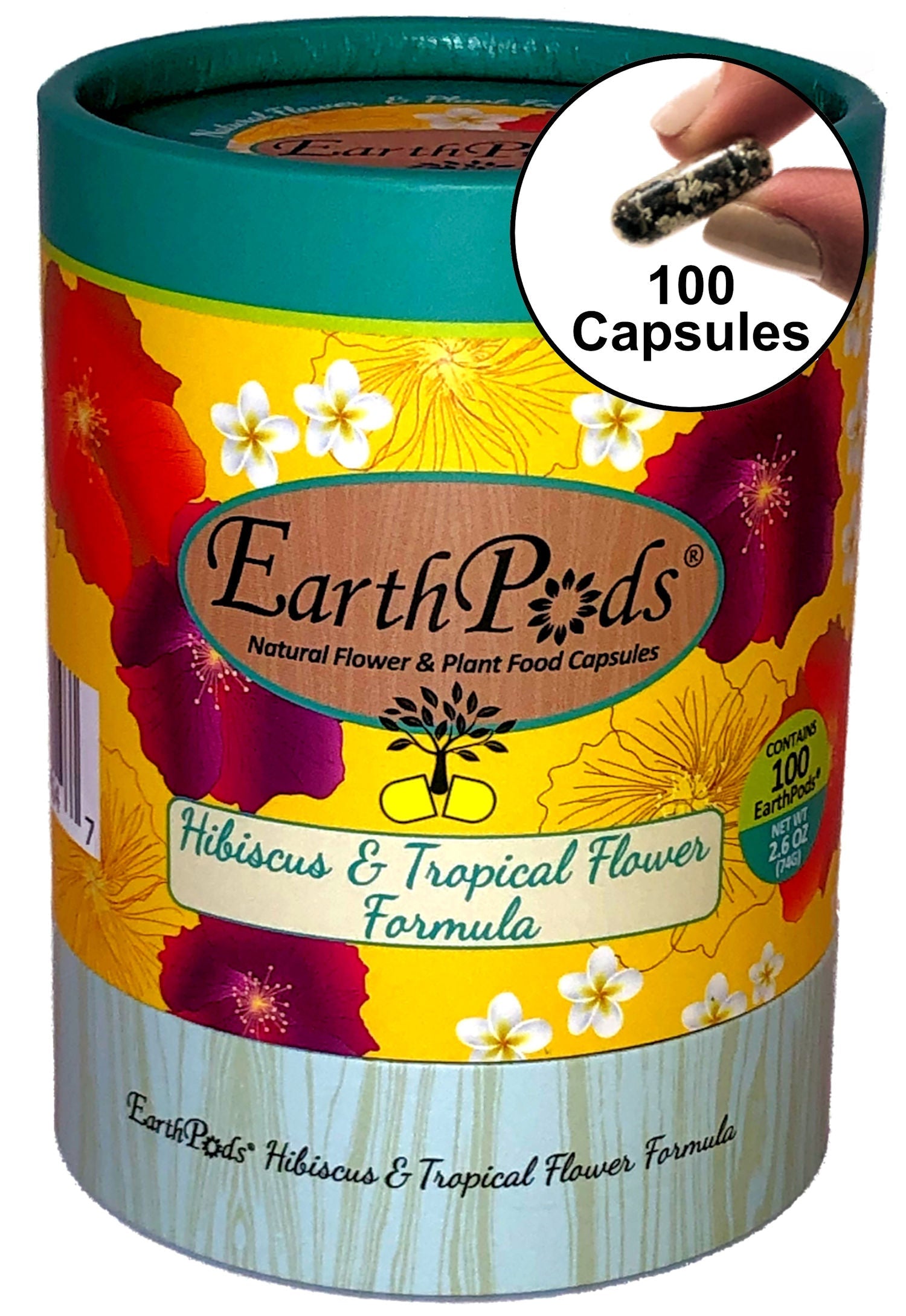
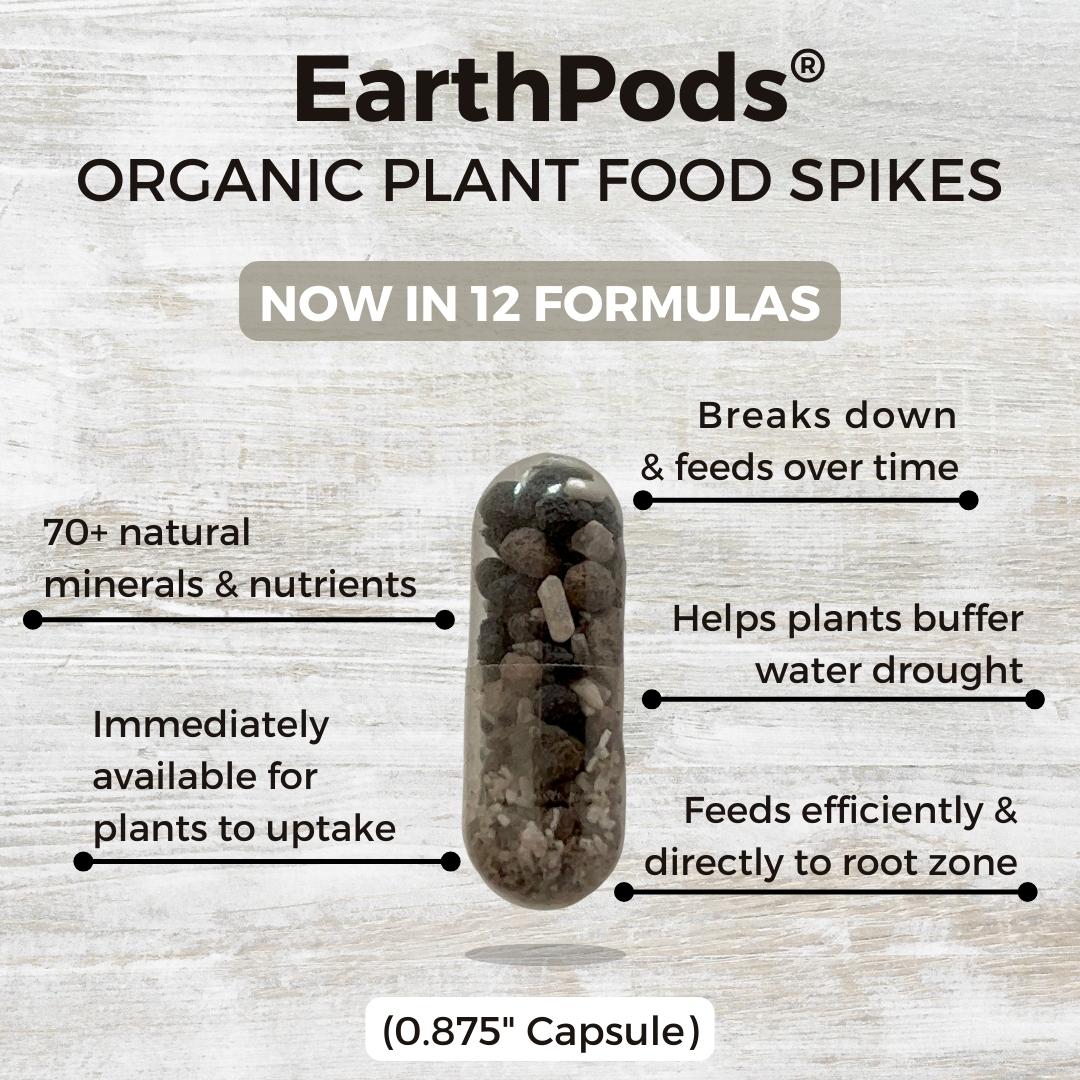
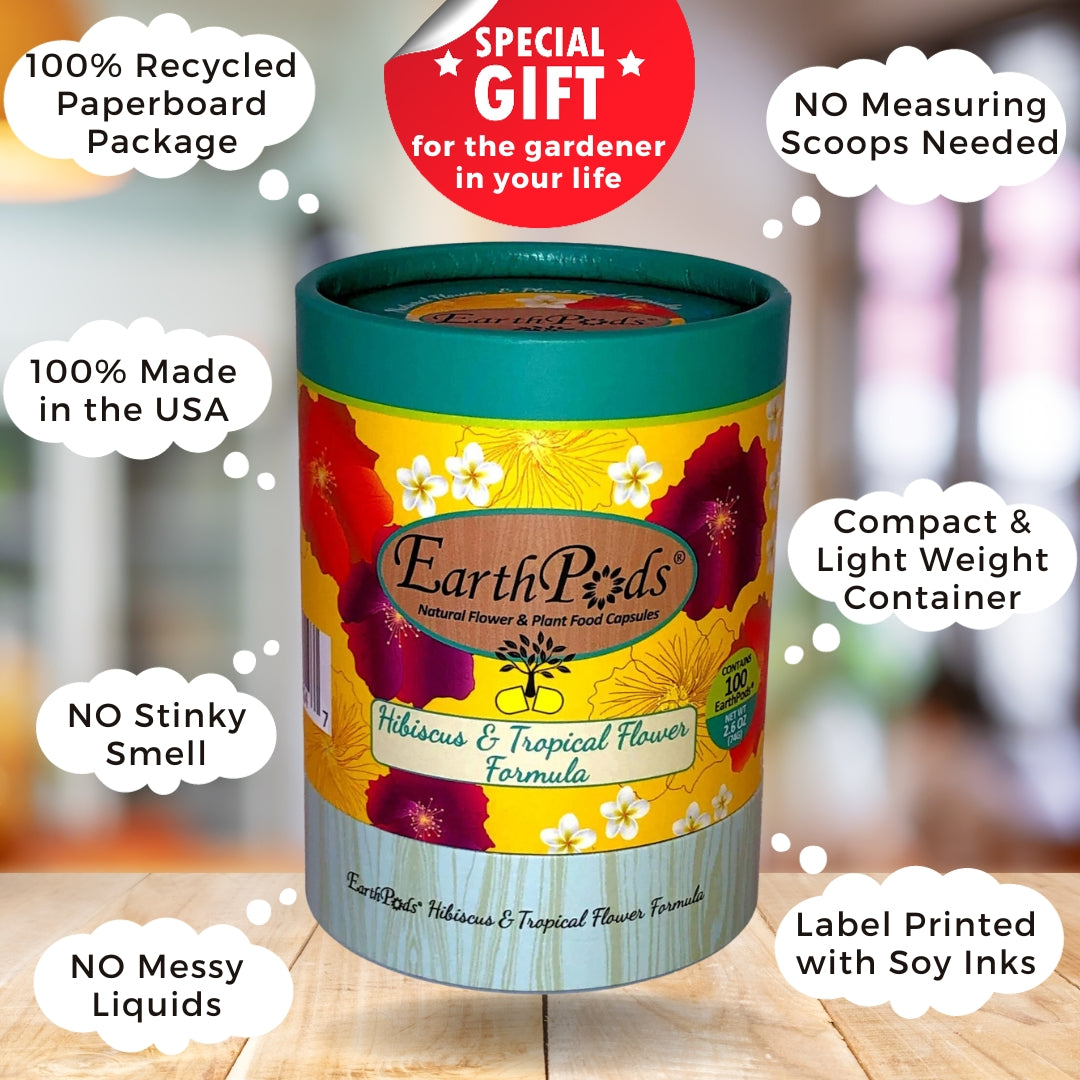
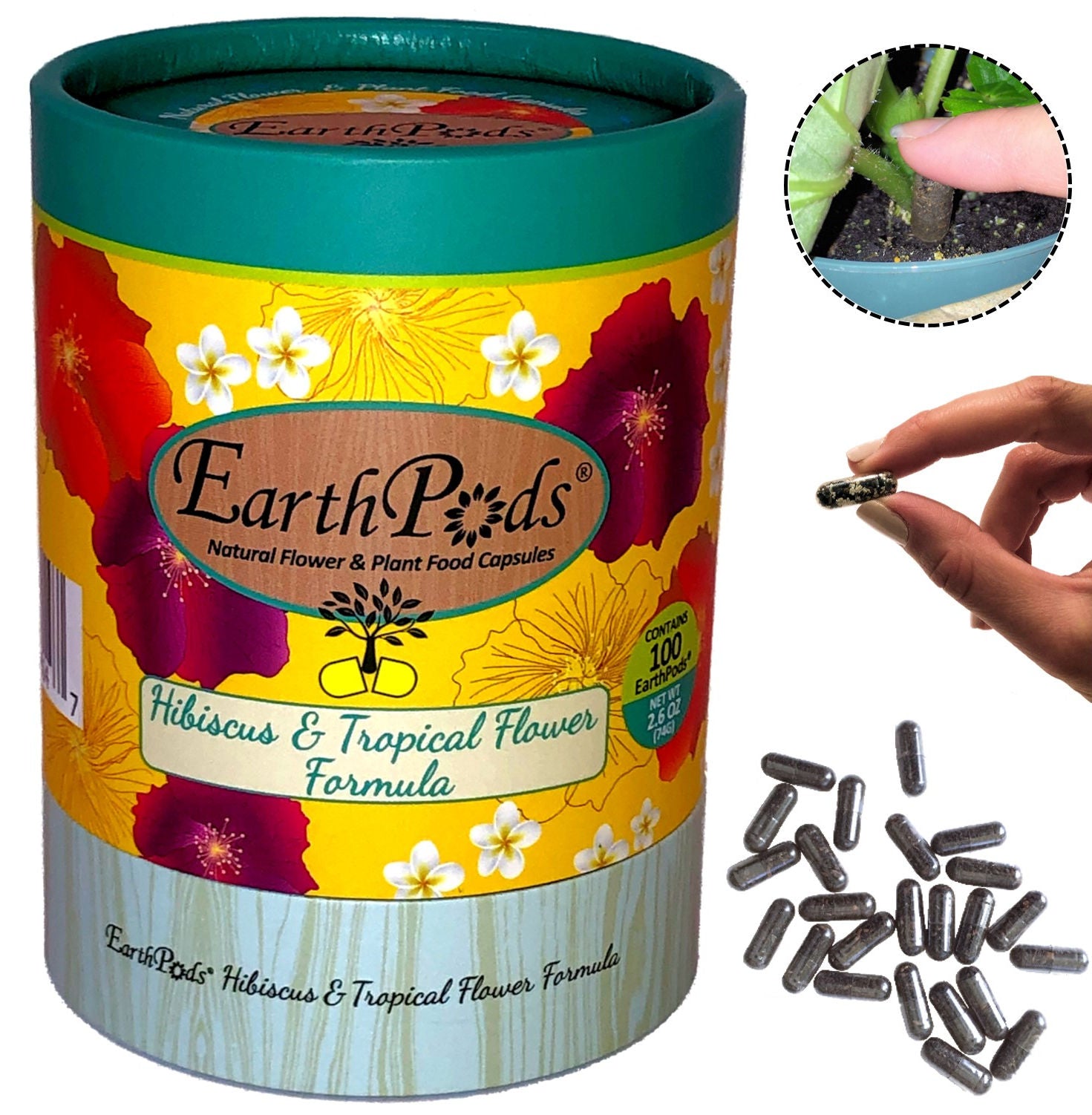
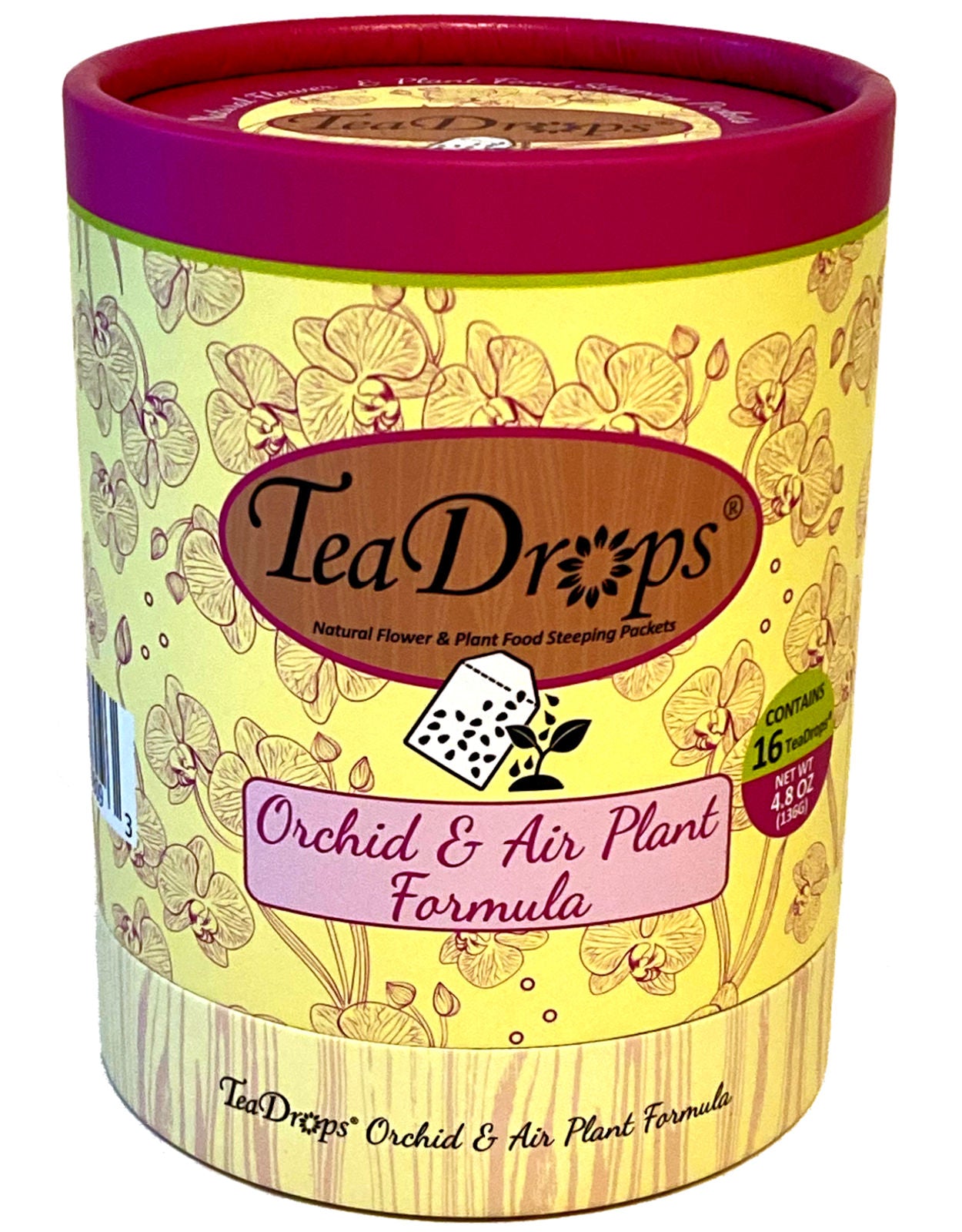
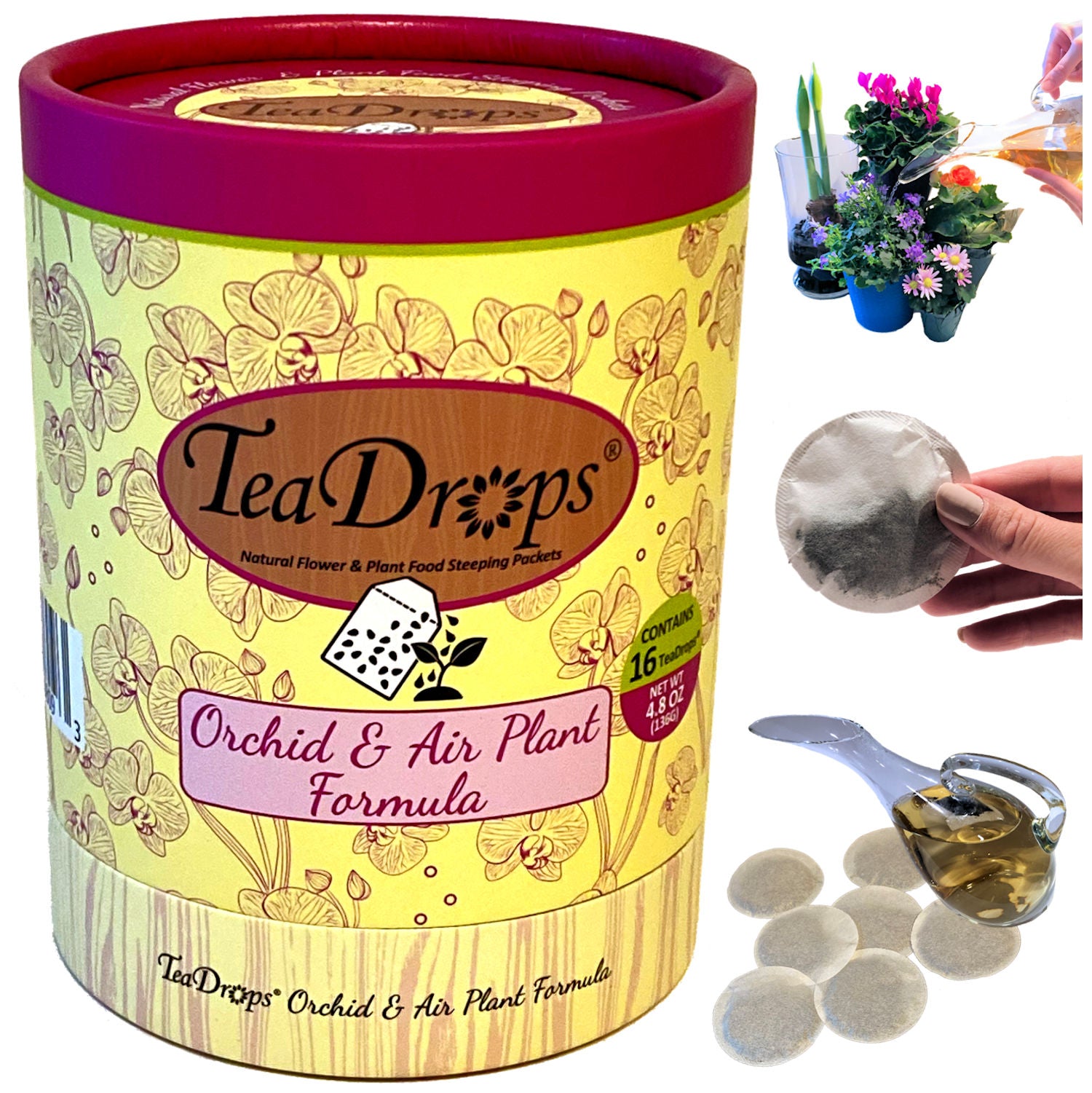
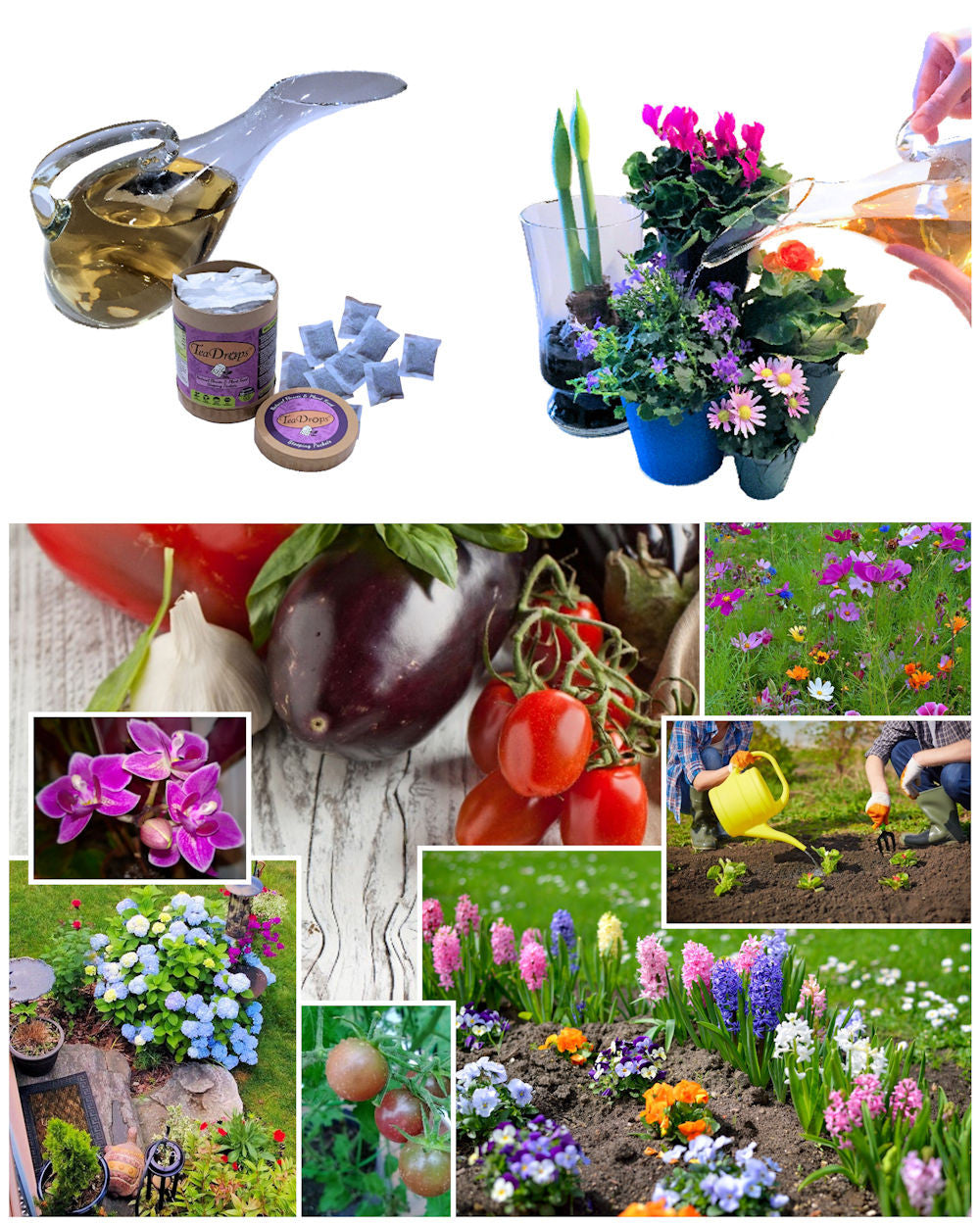
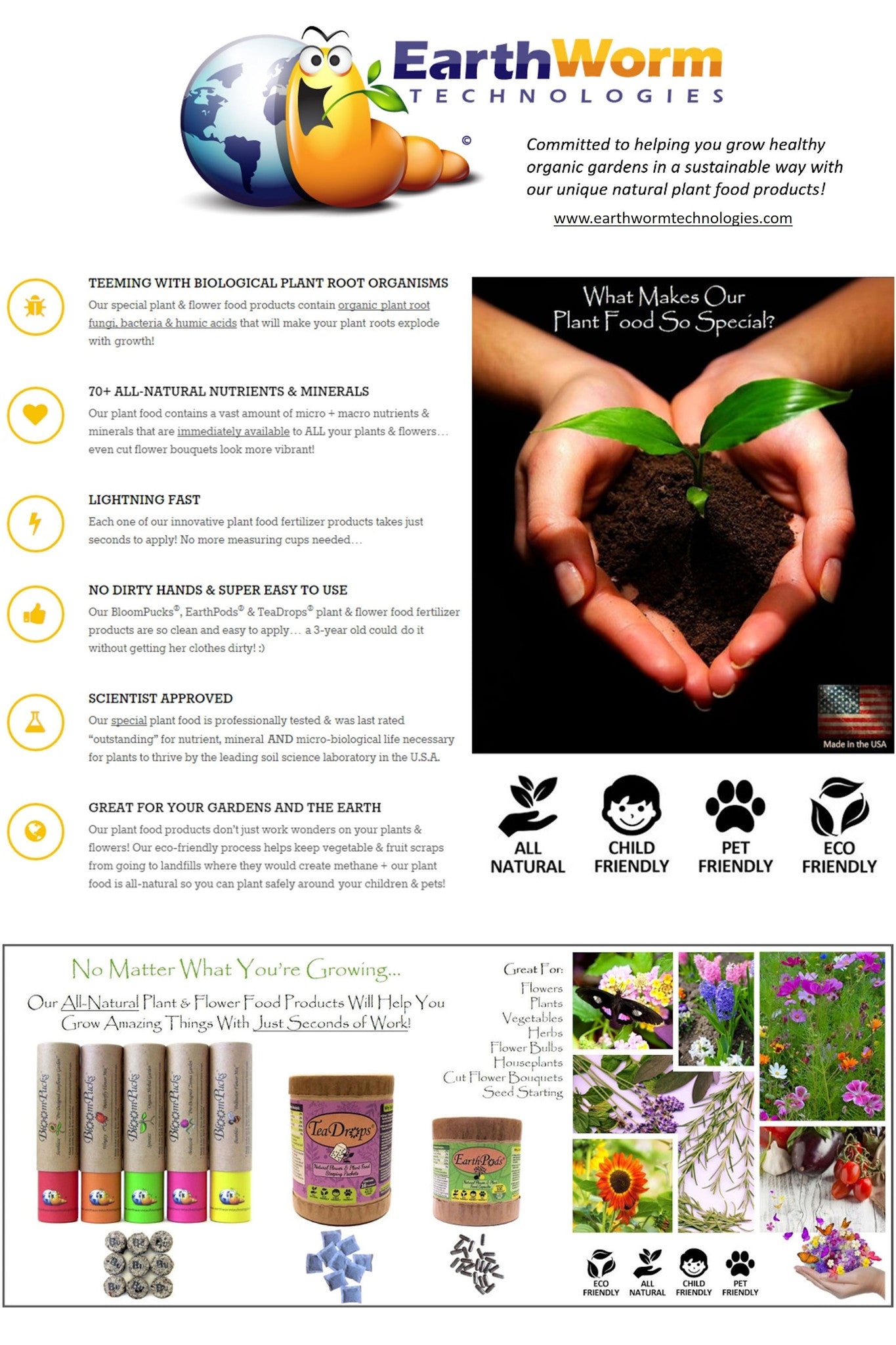
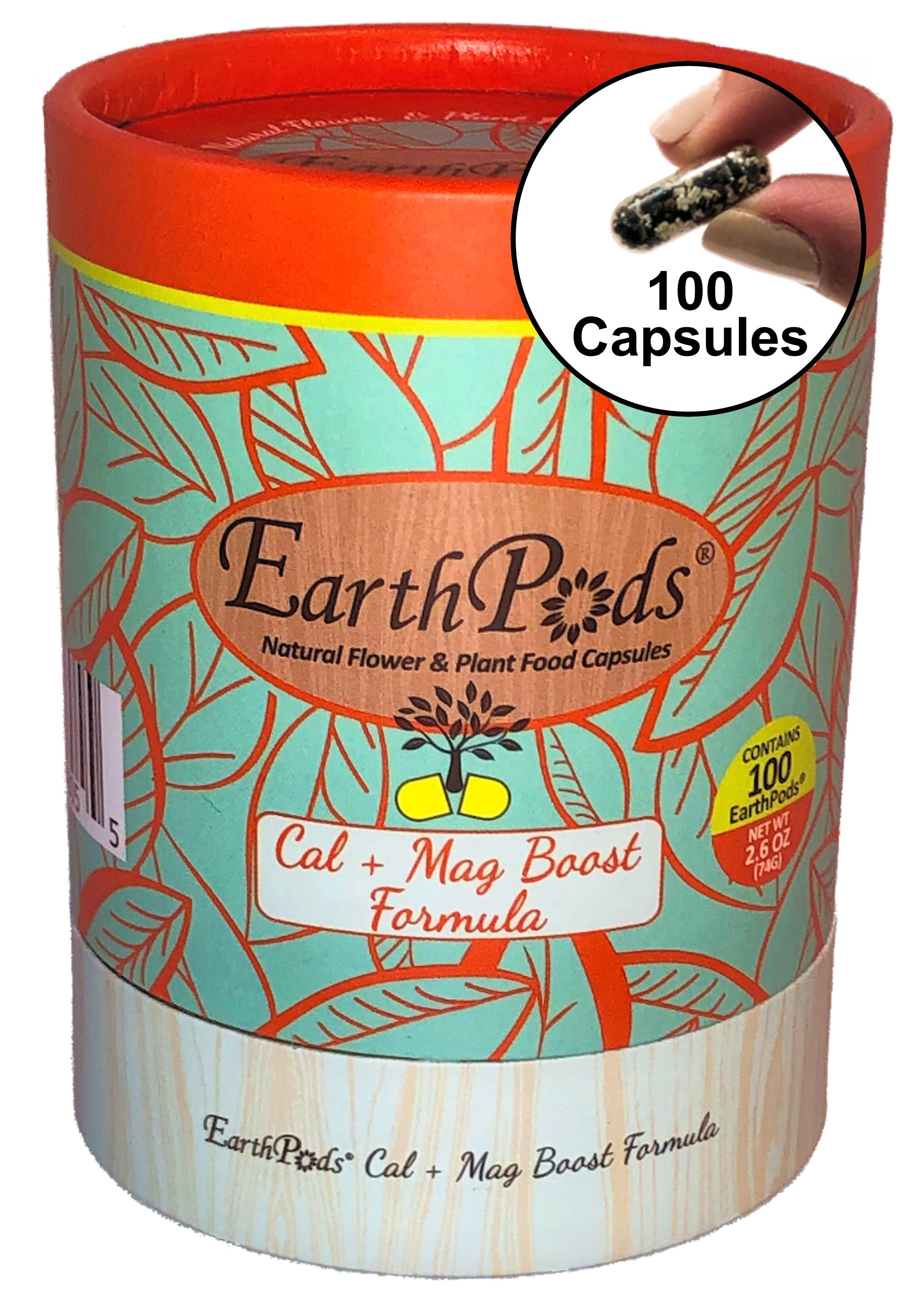
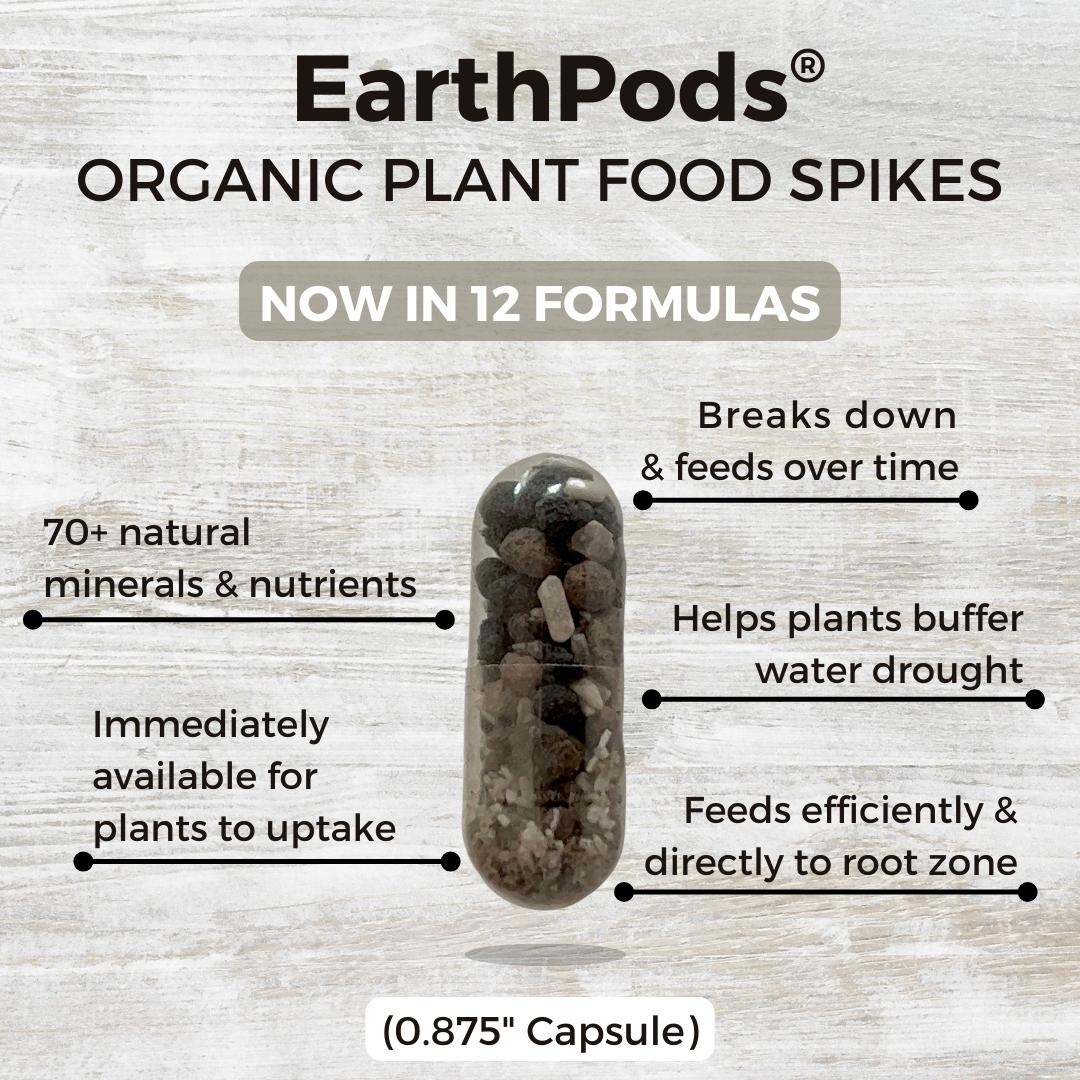
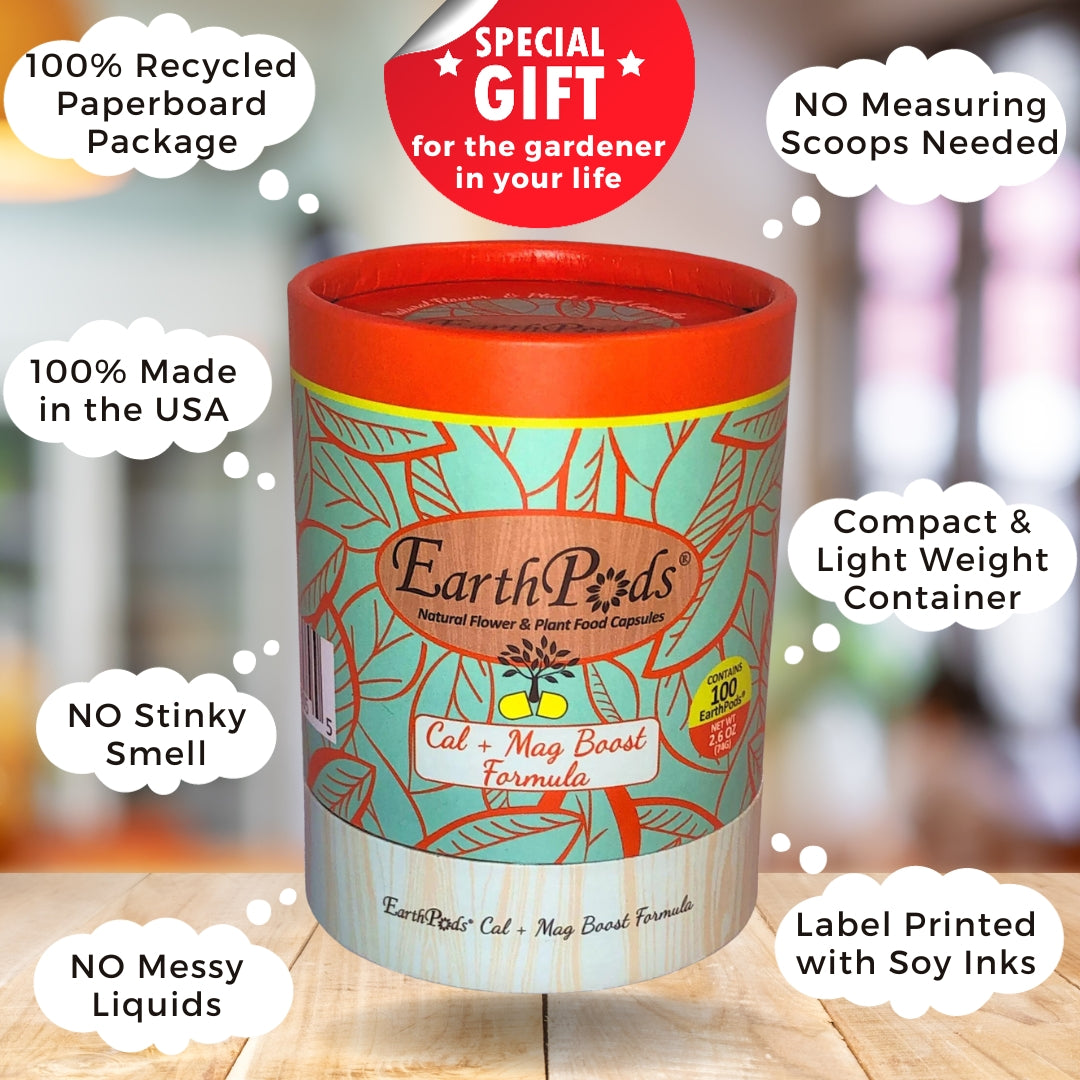
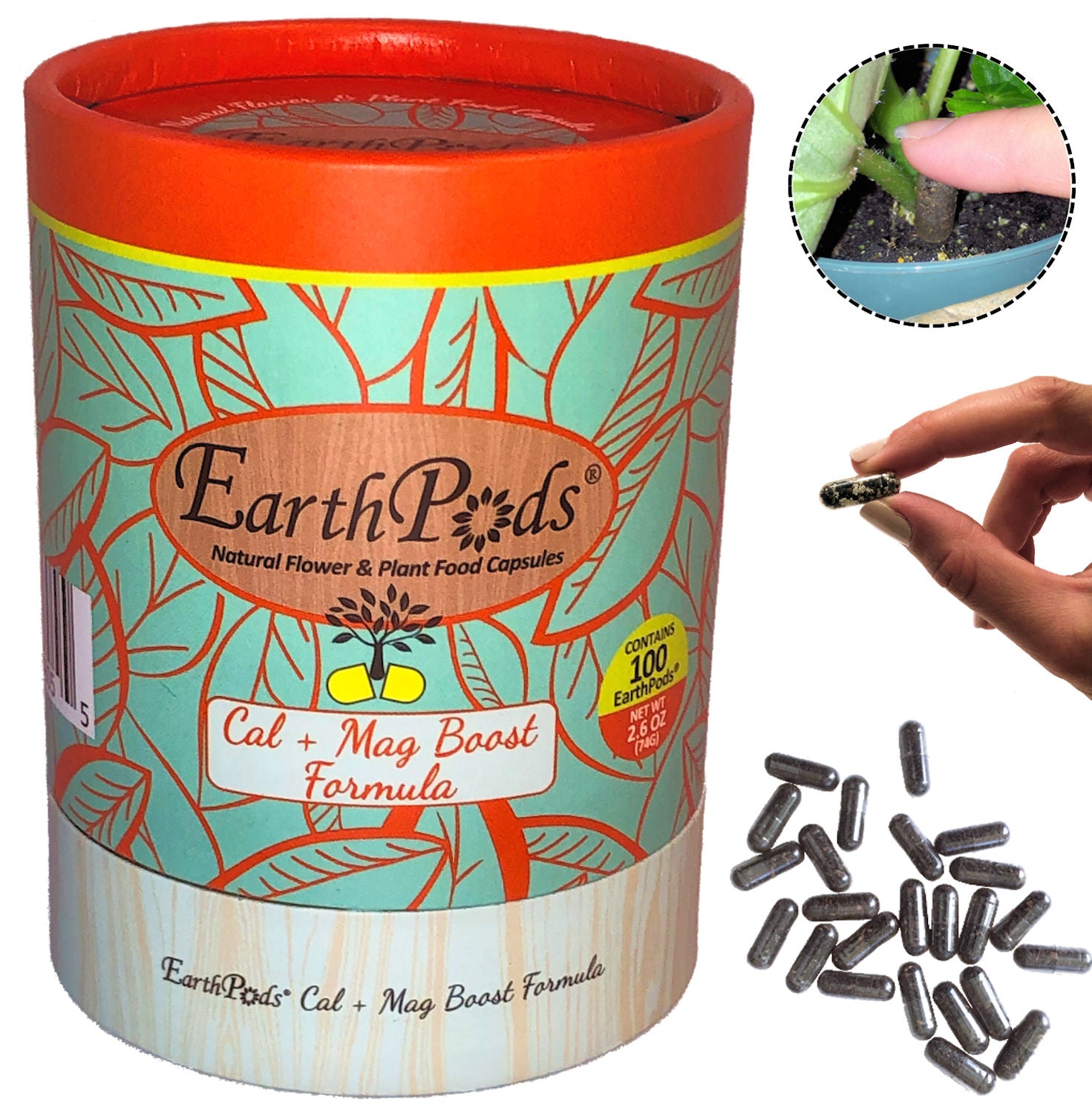
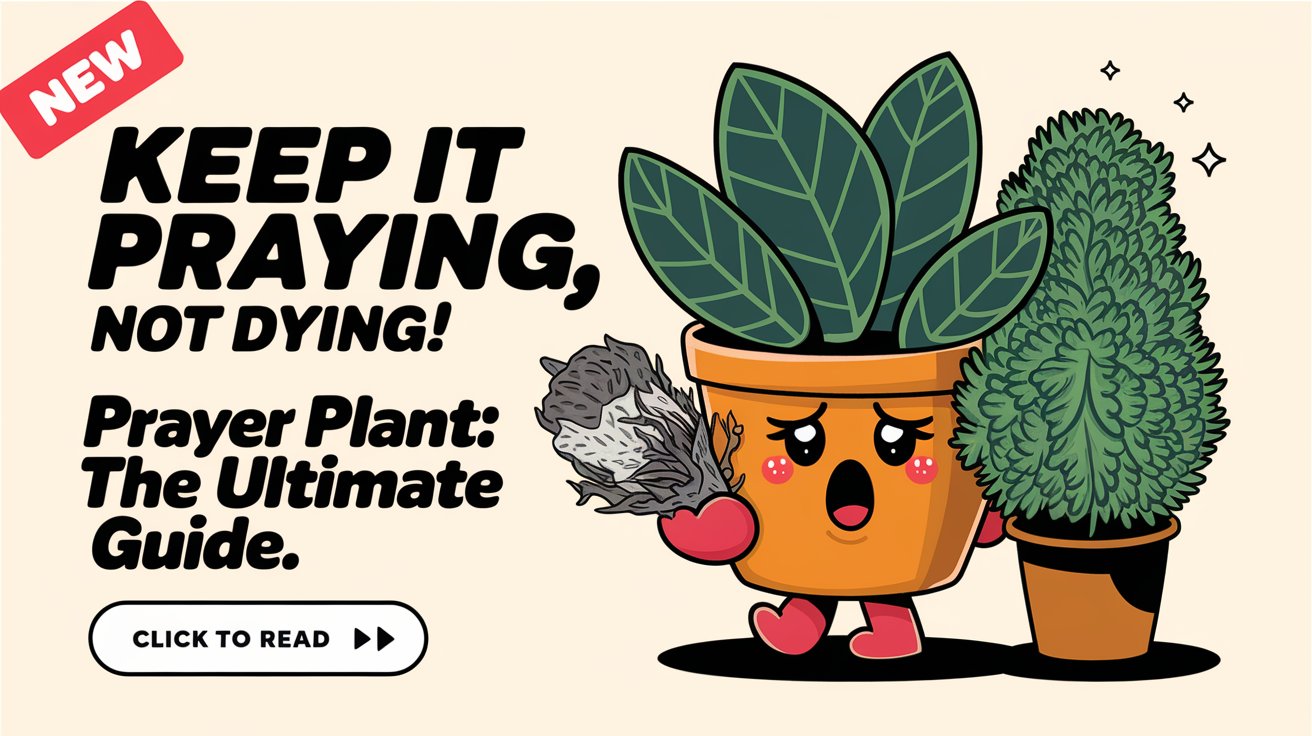
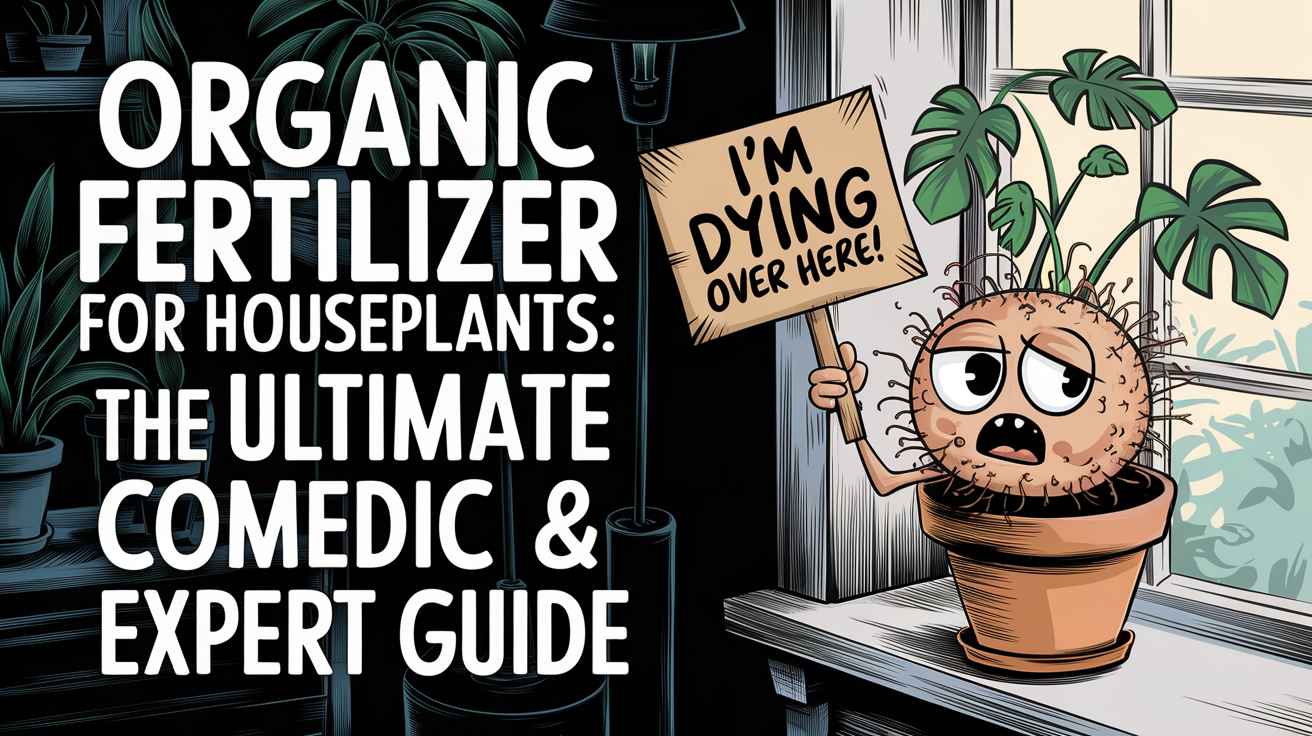
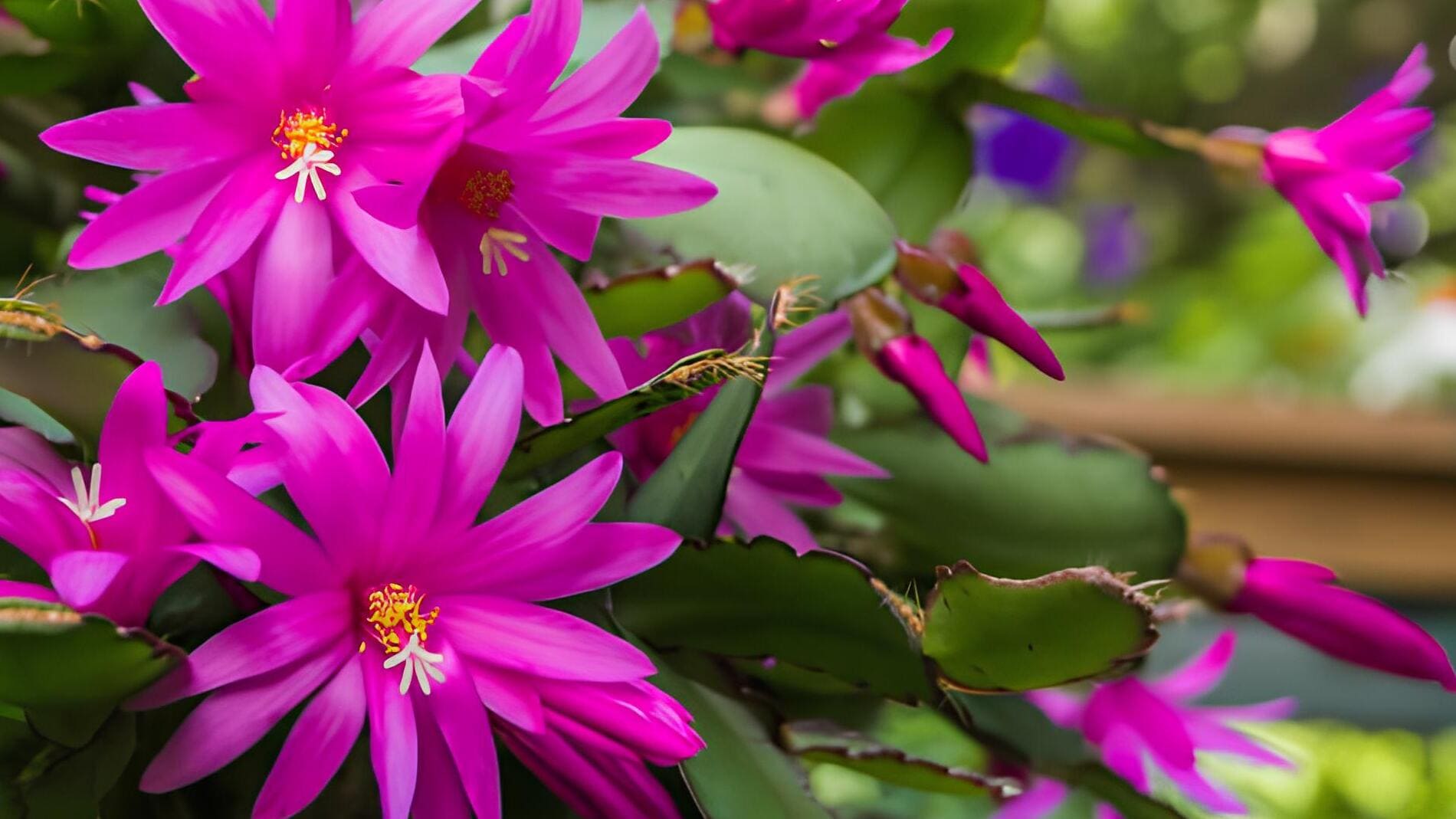
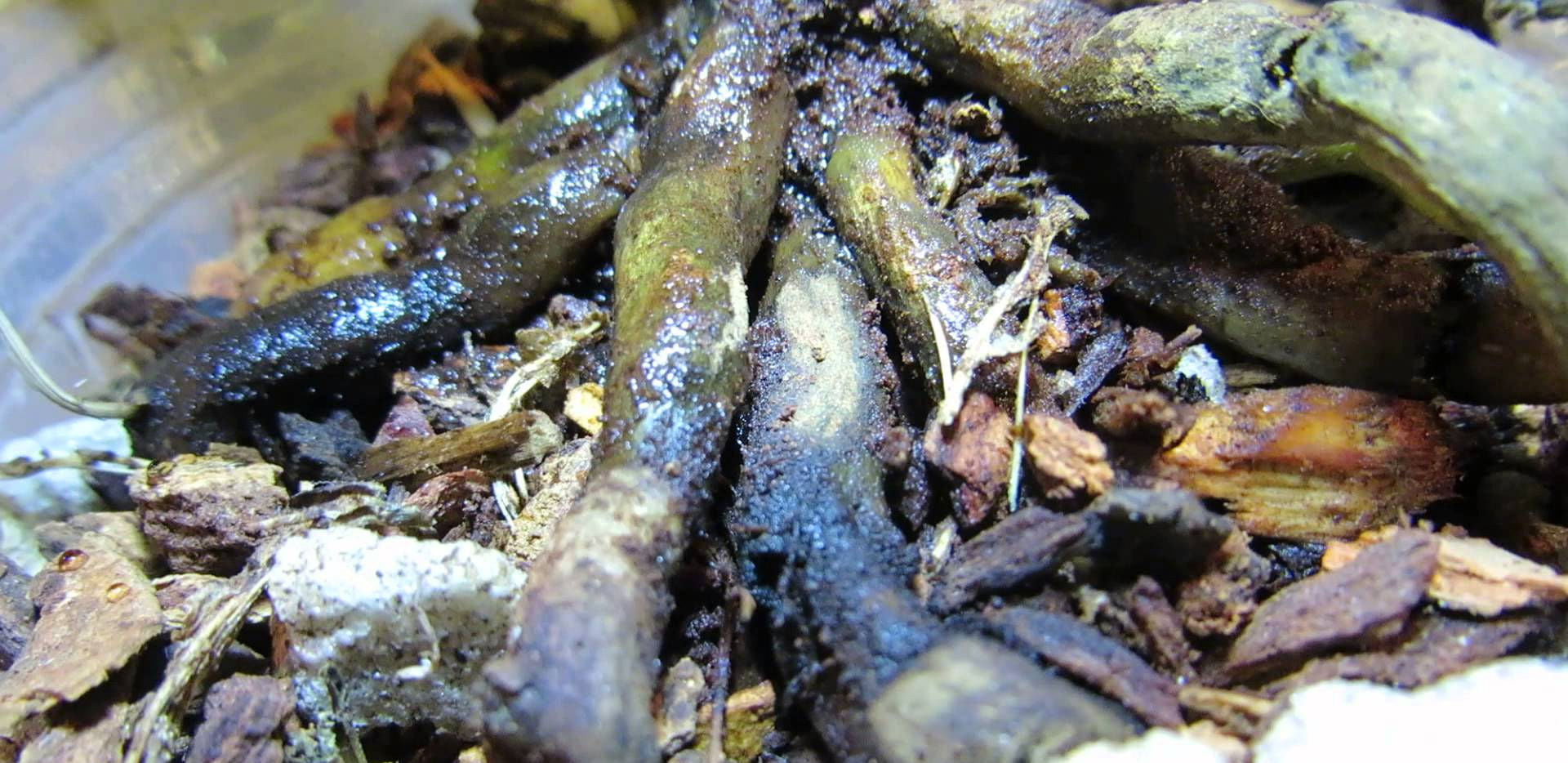
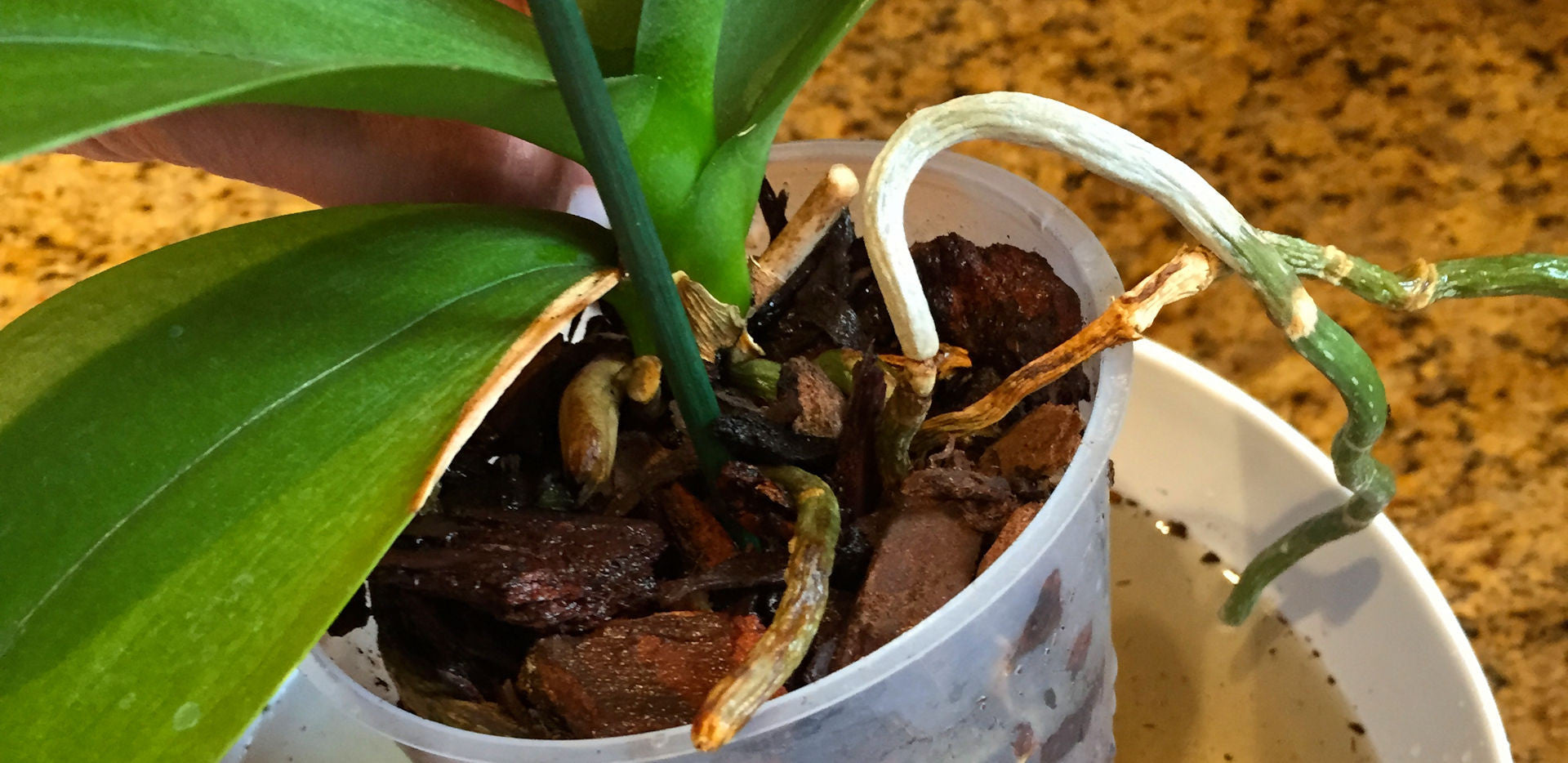
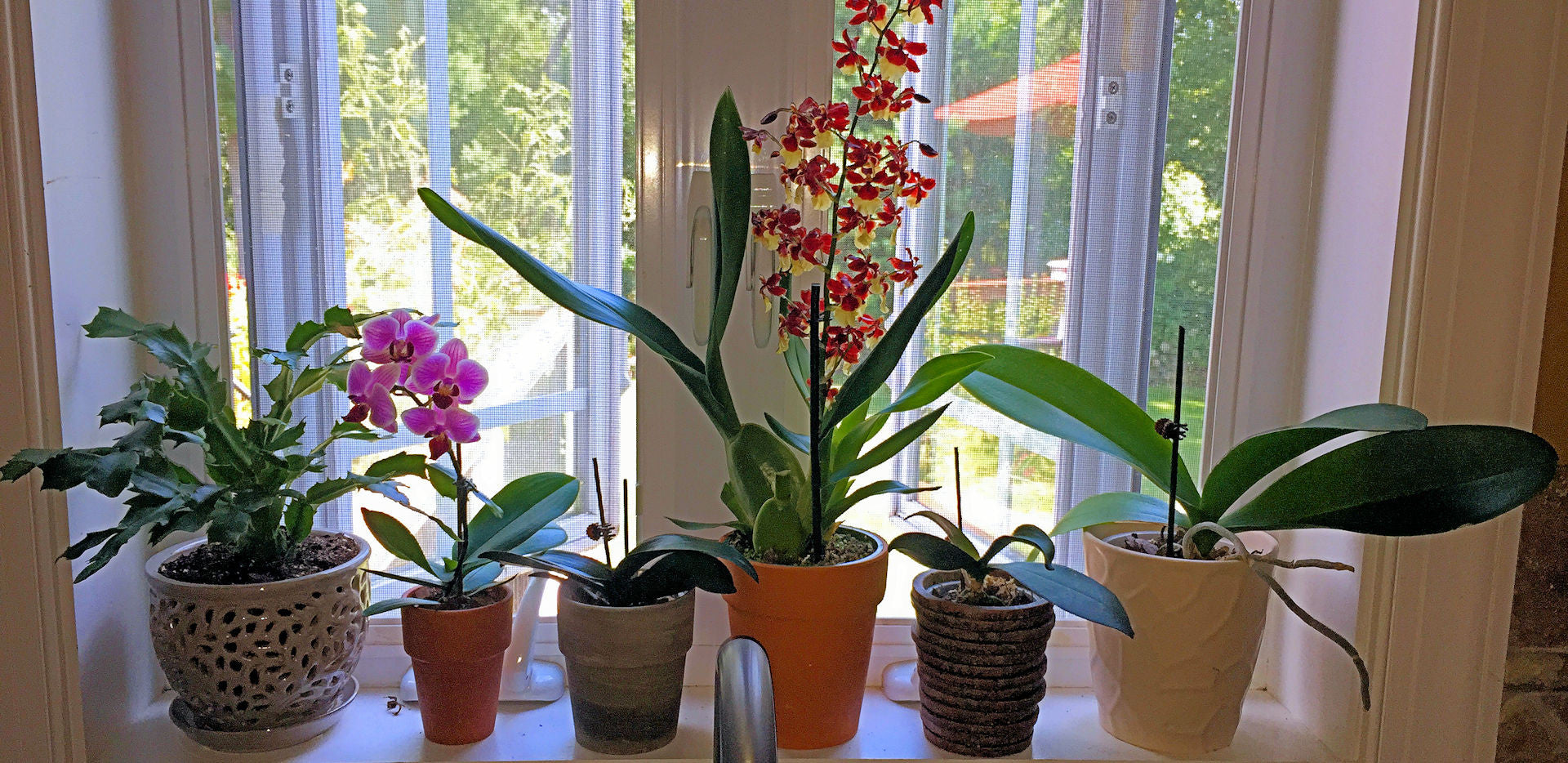
Share:
Is Jack Frost Snowing on Your Winter Gardening Parade? 4 Ways to Use Snow in the Garden!
Family Fun with Free Caterpillar DIY Garden Project